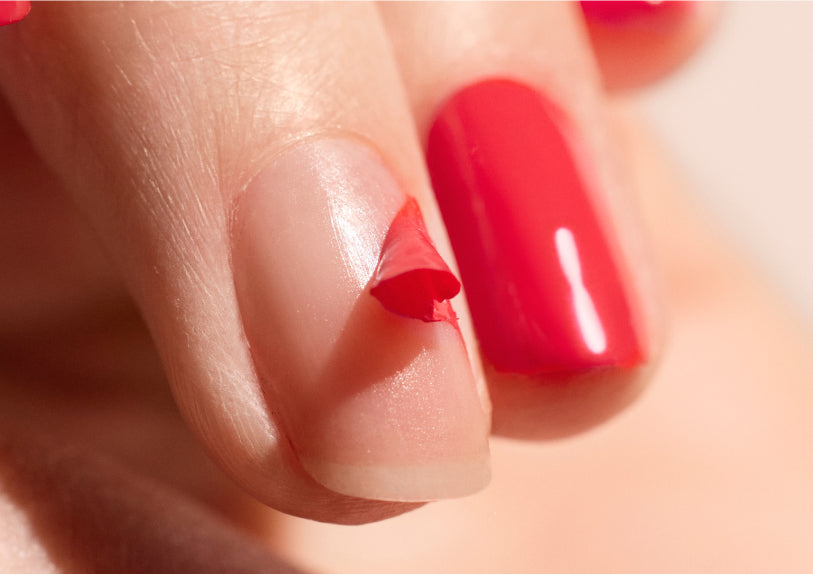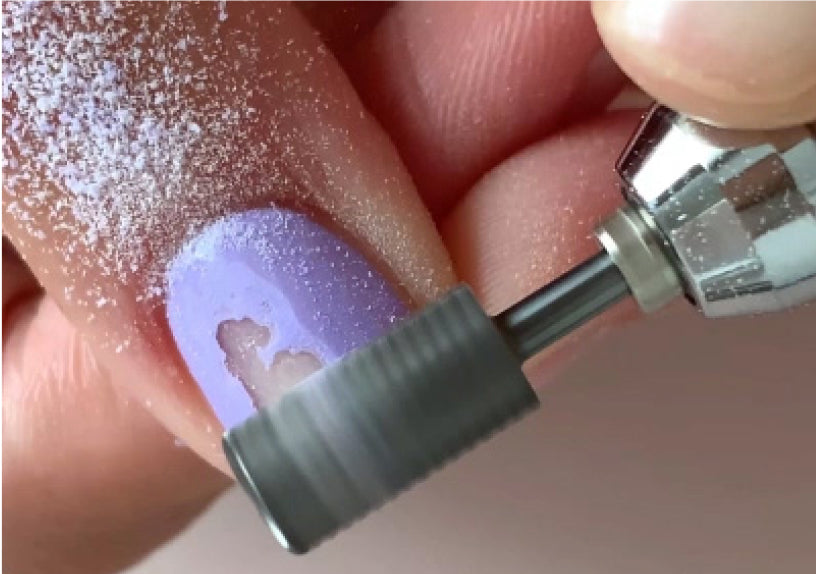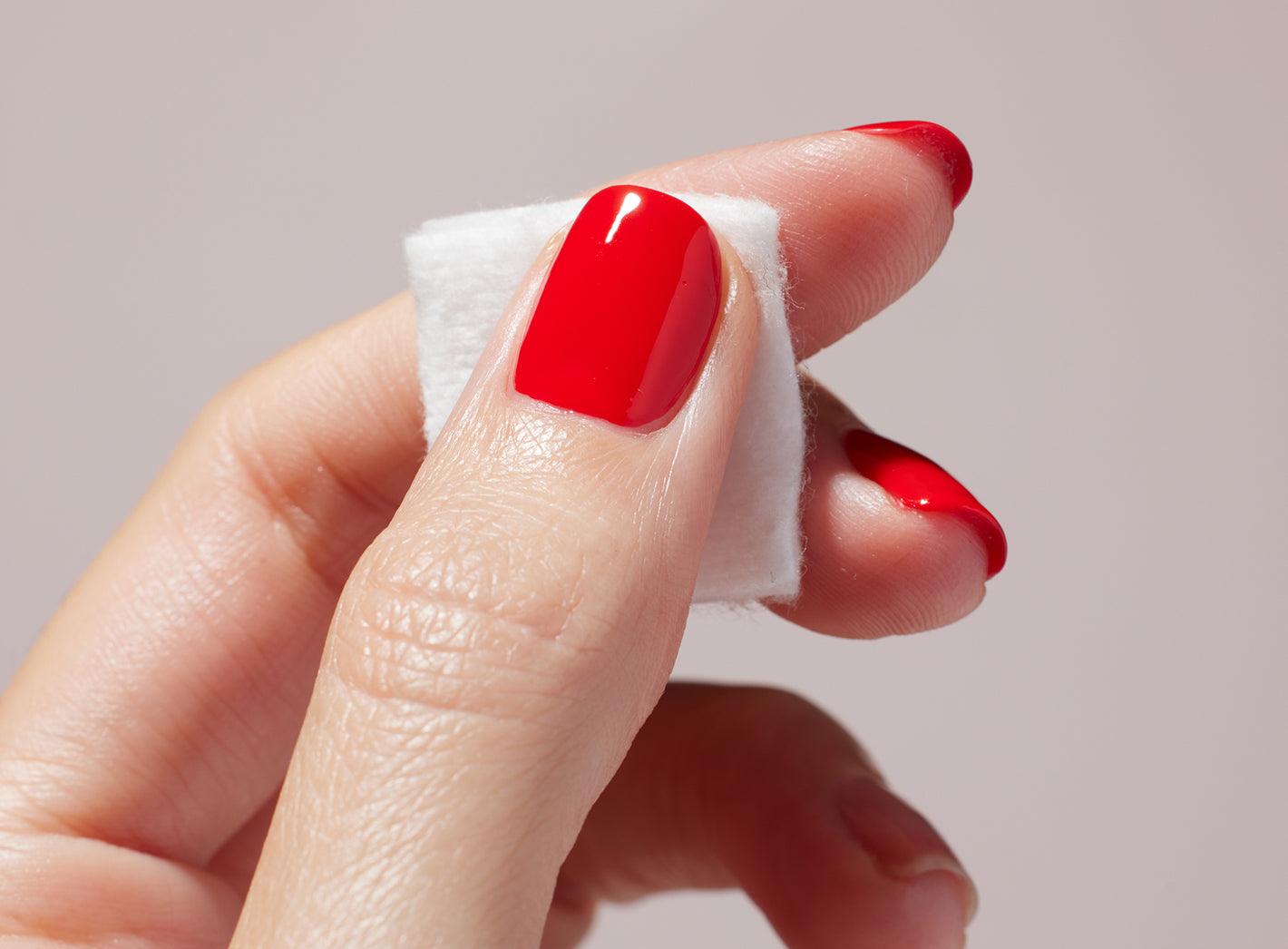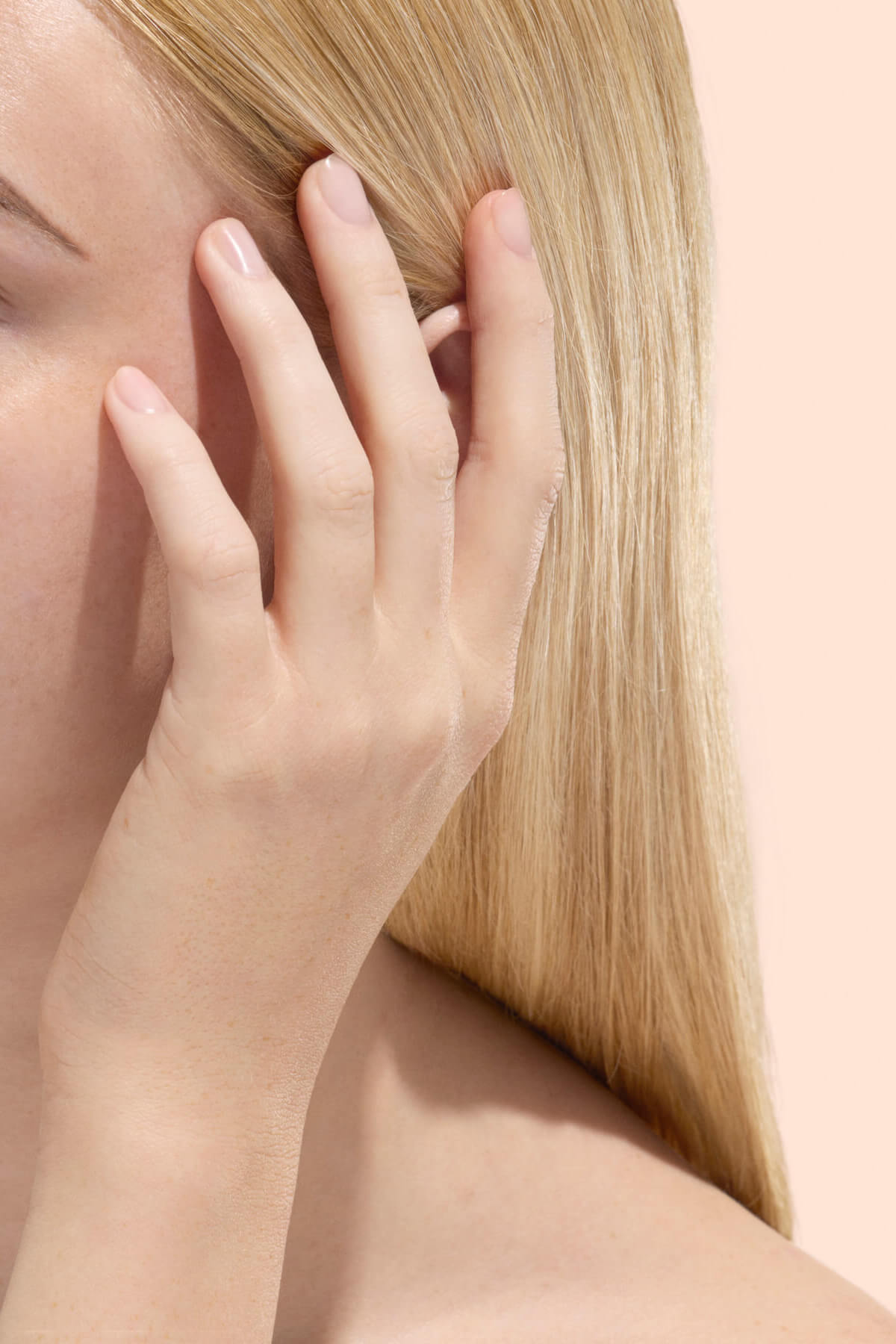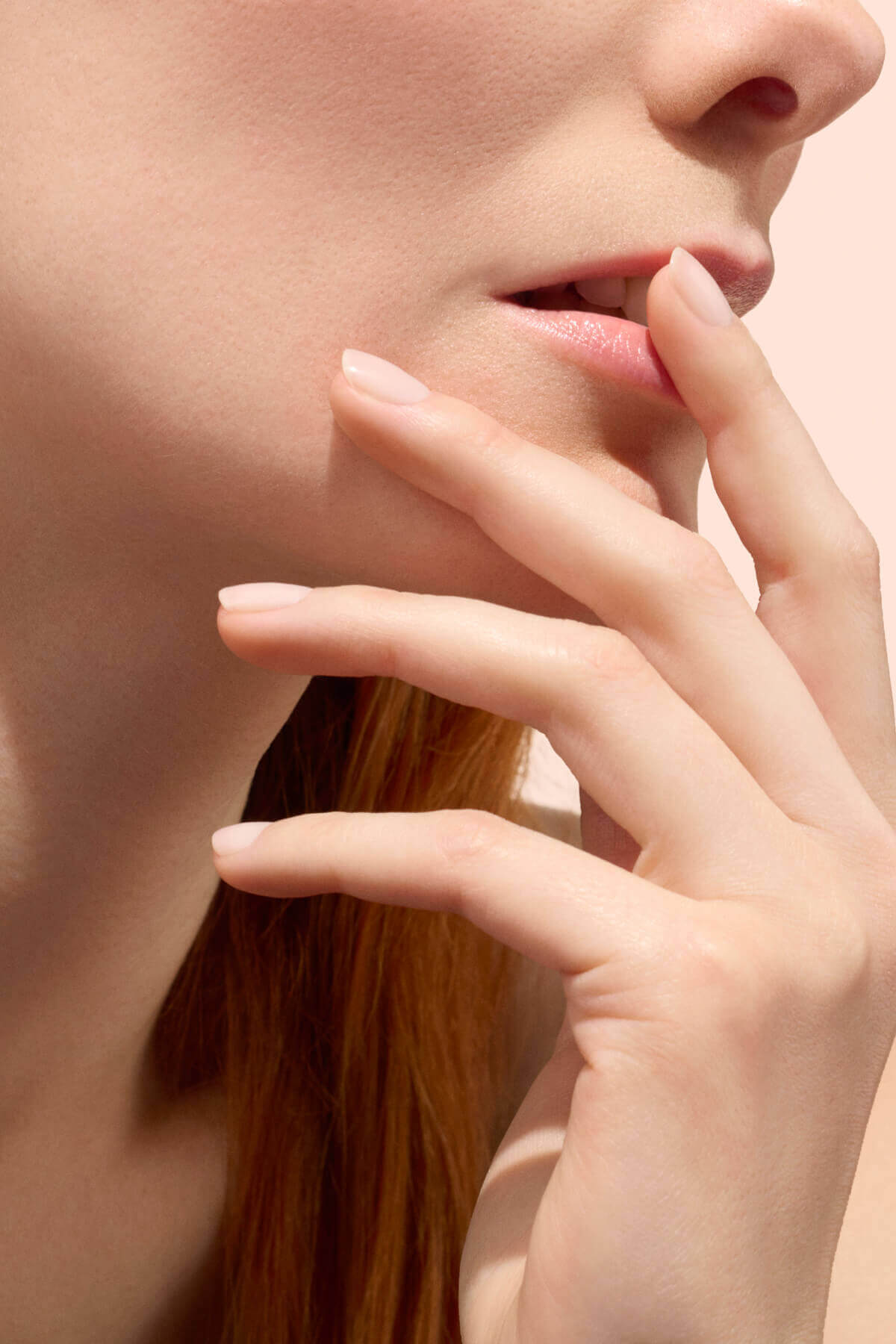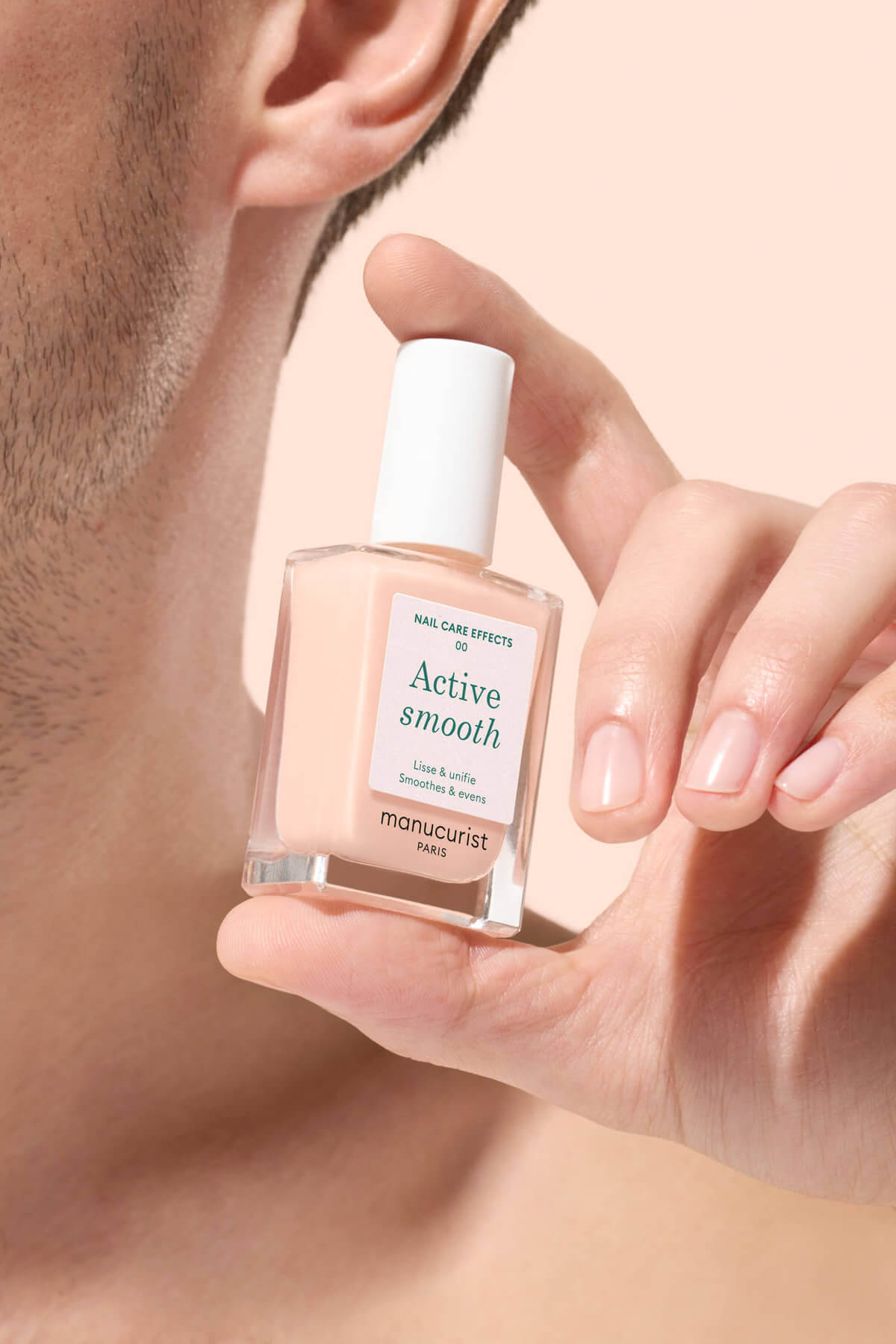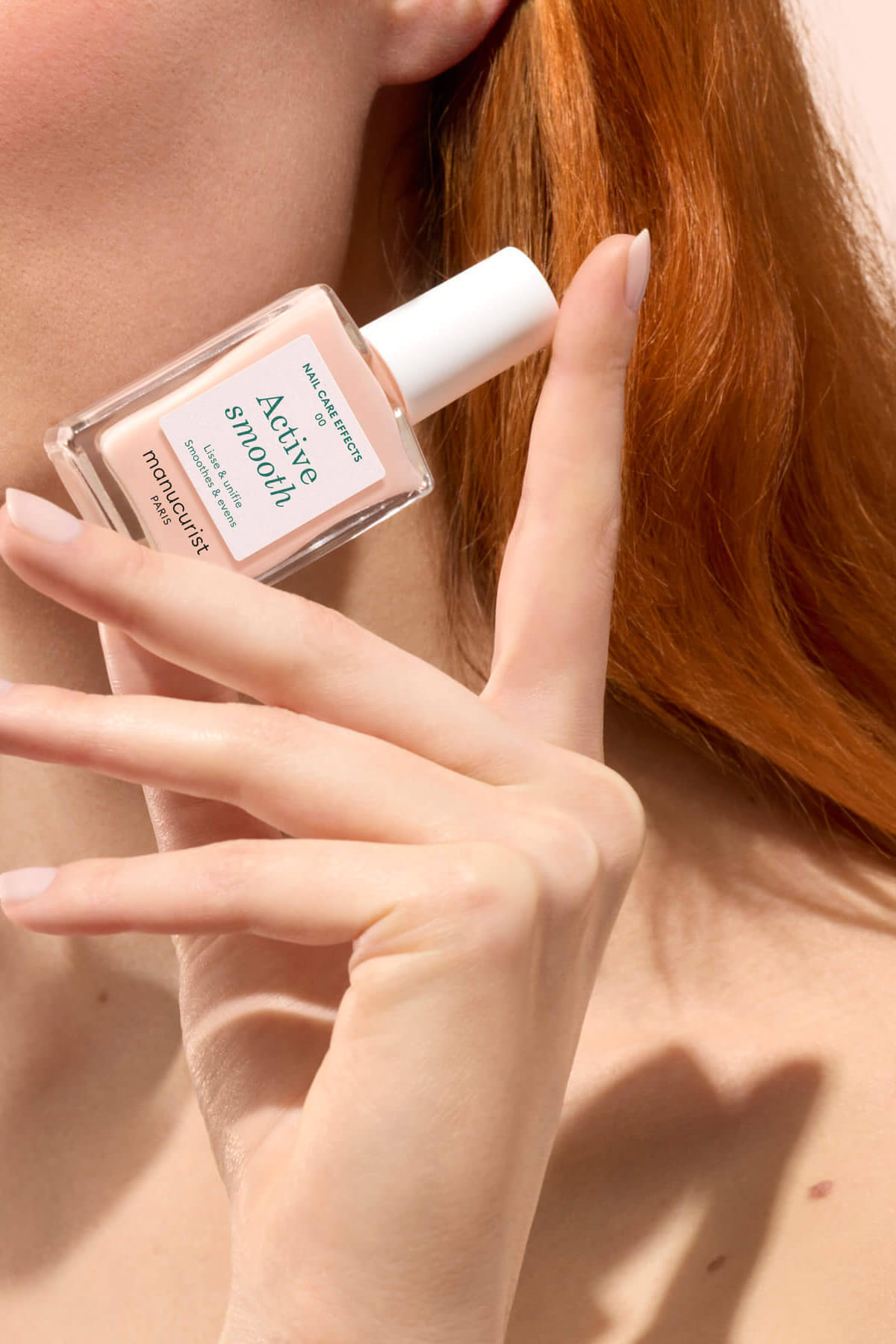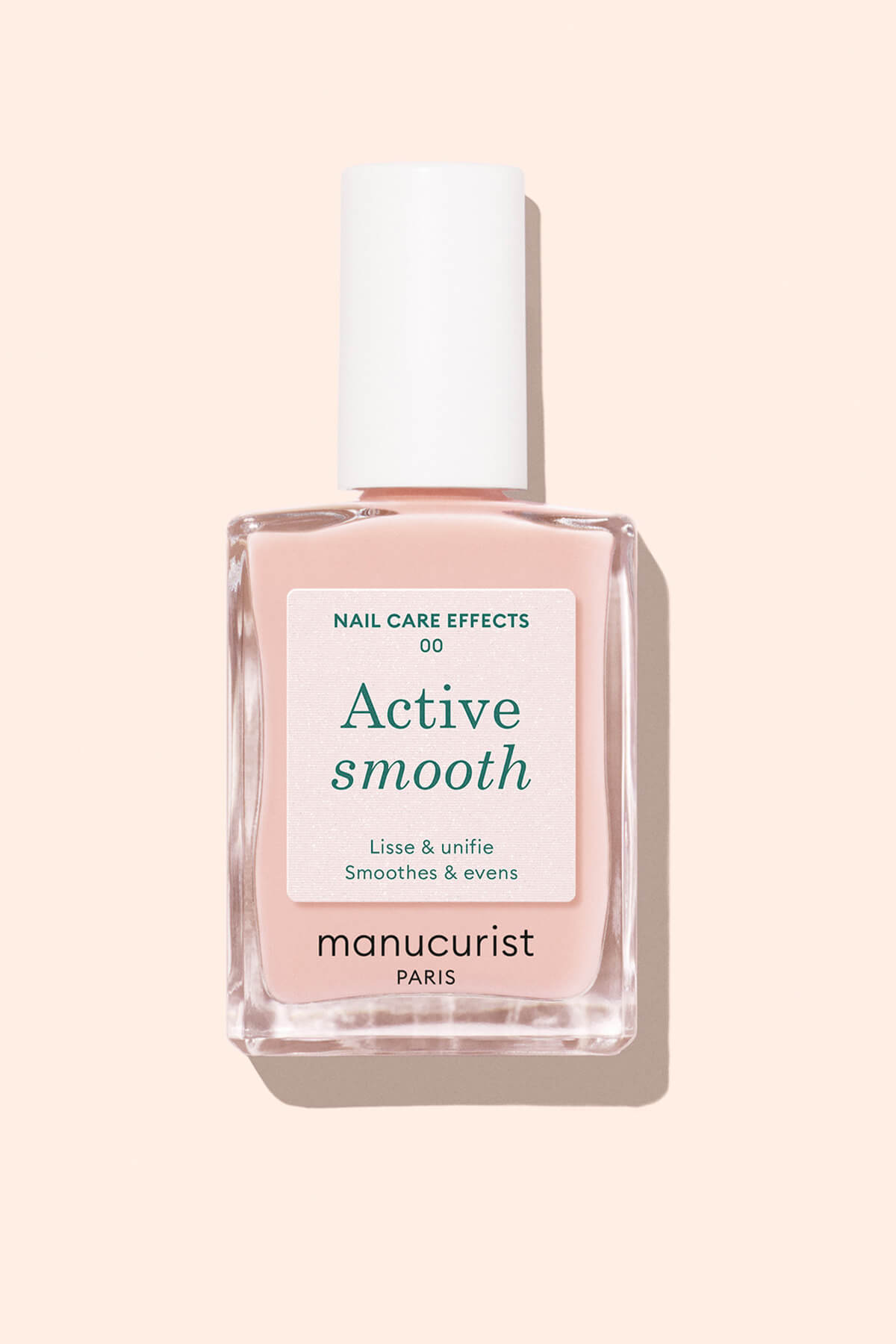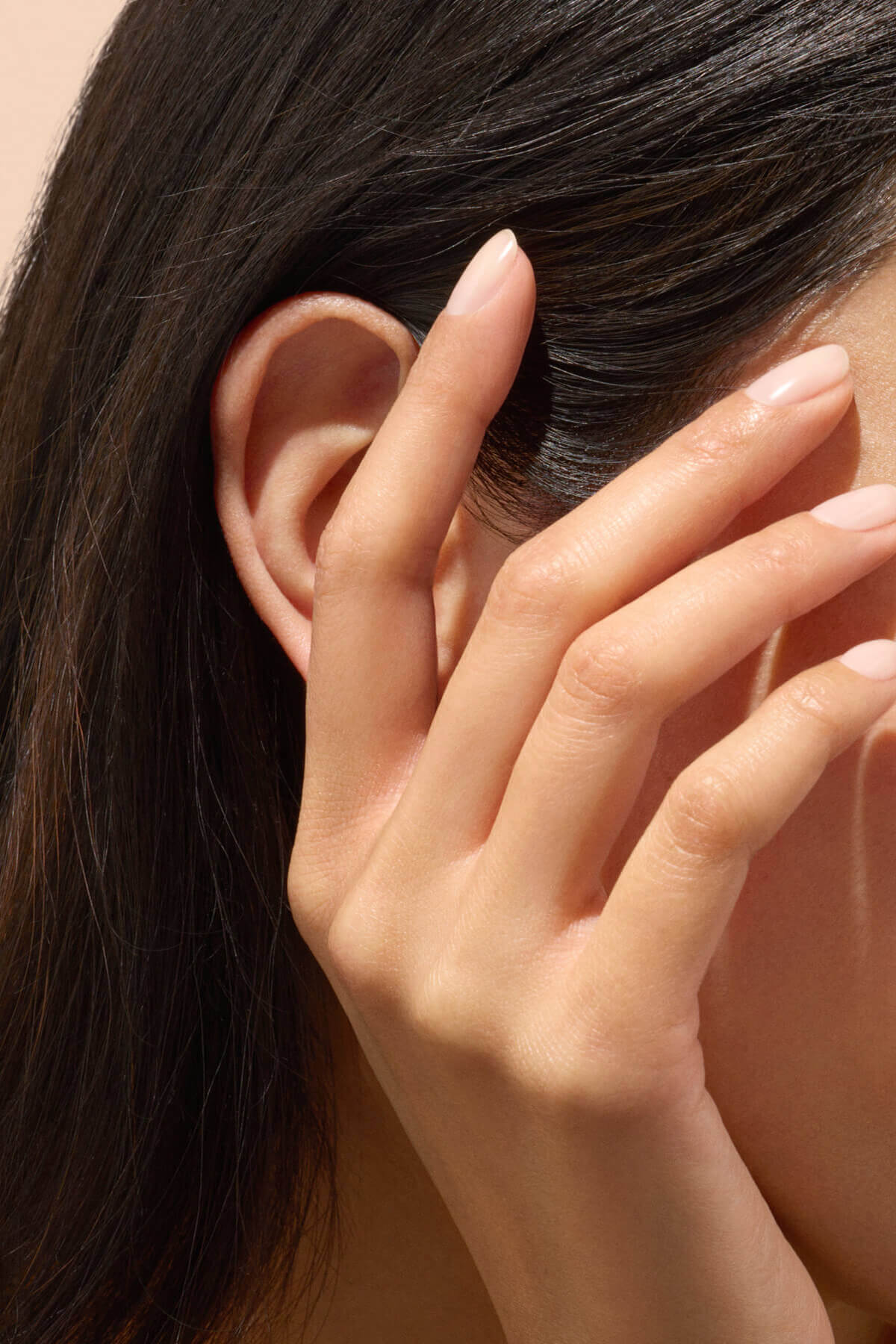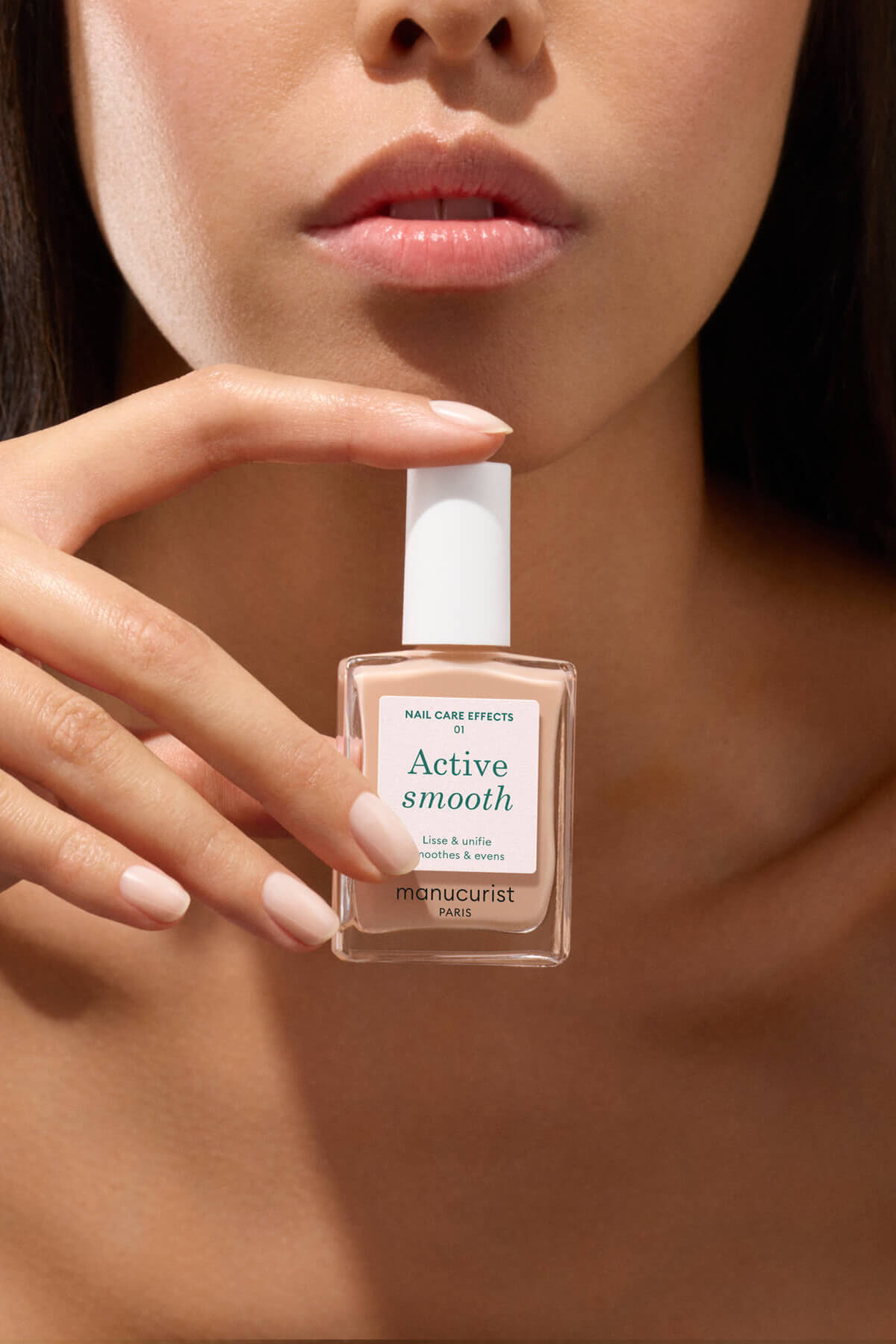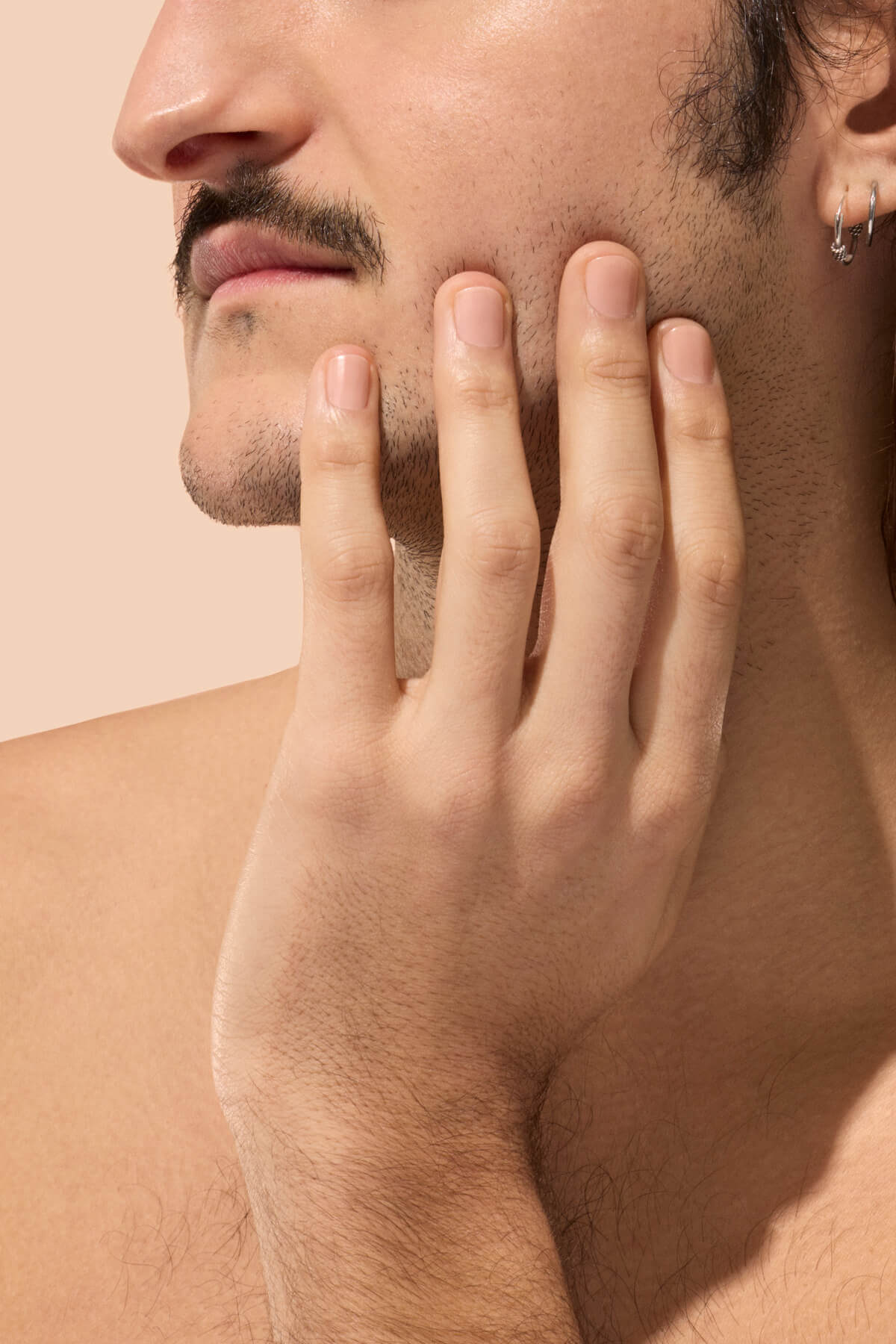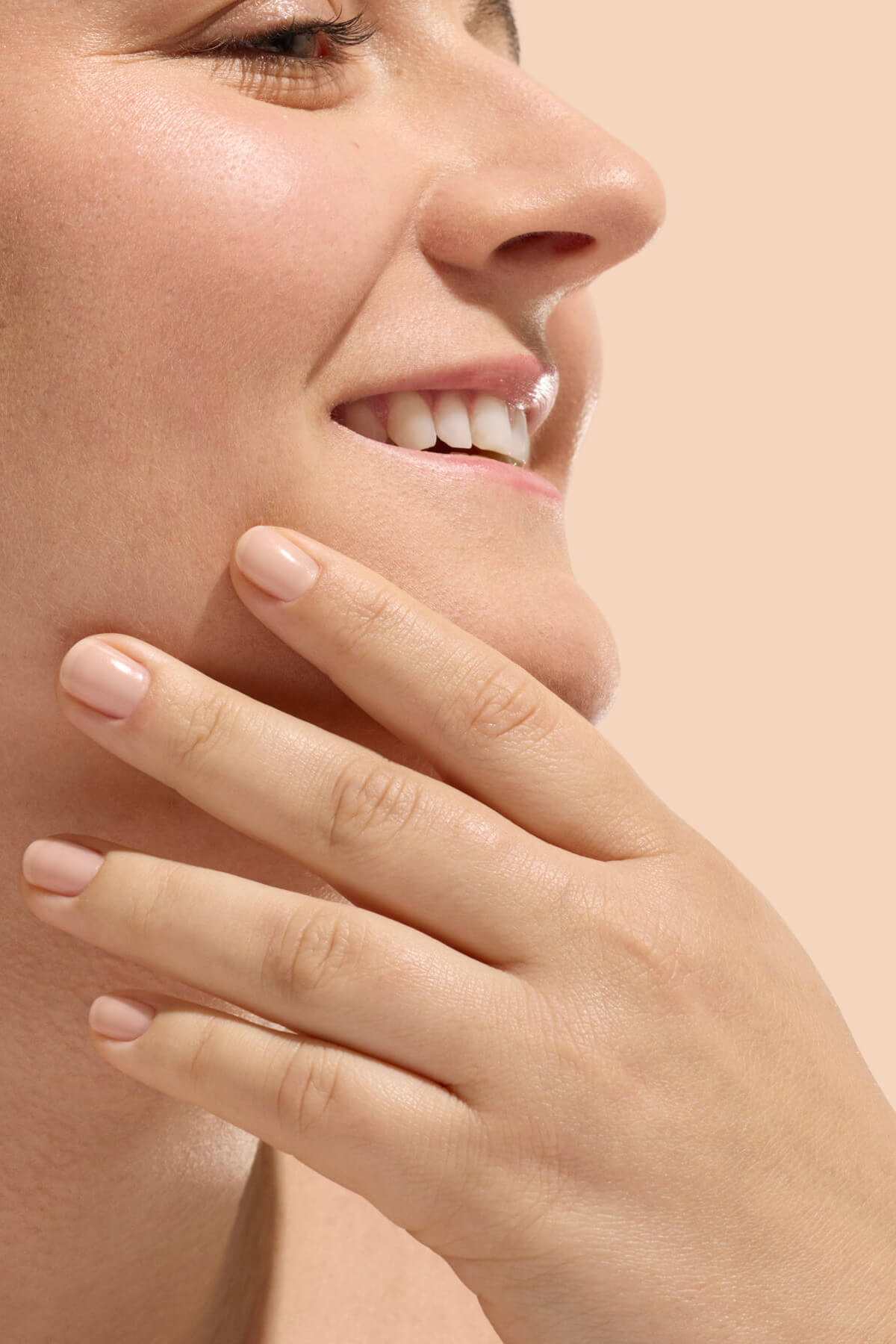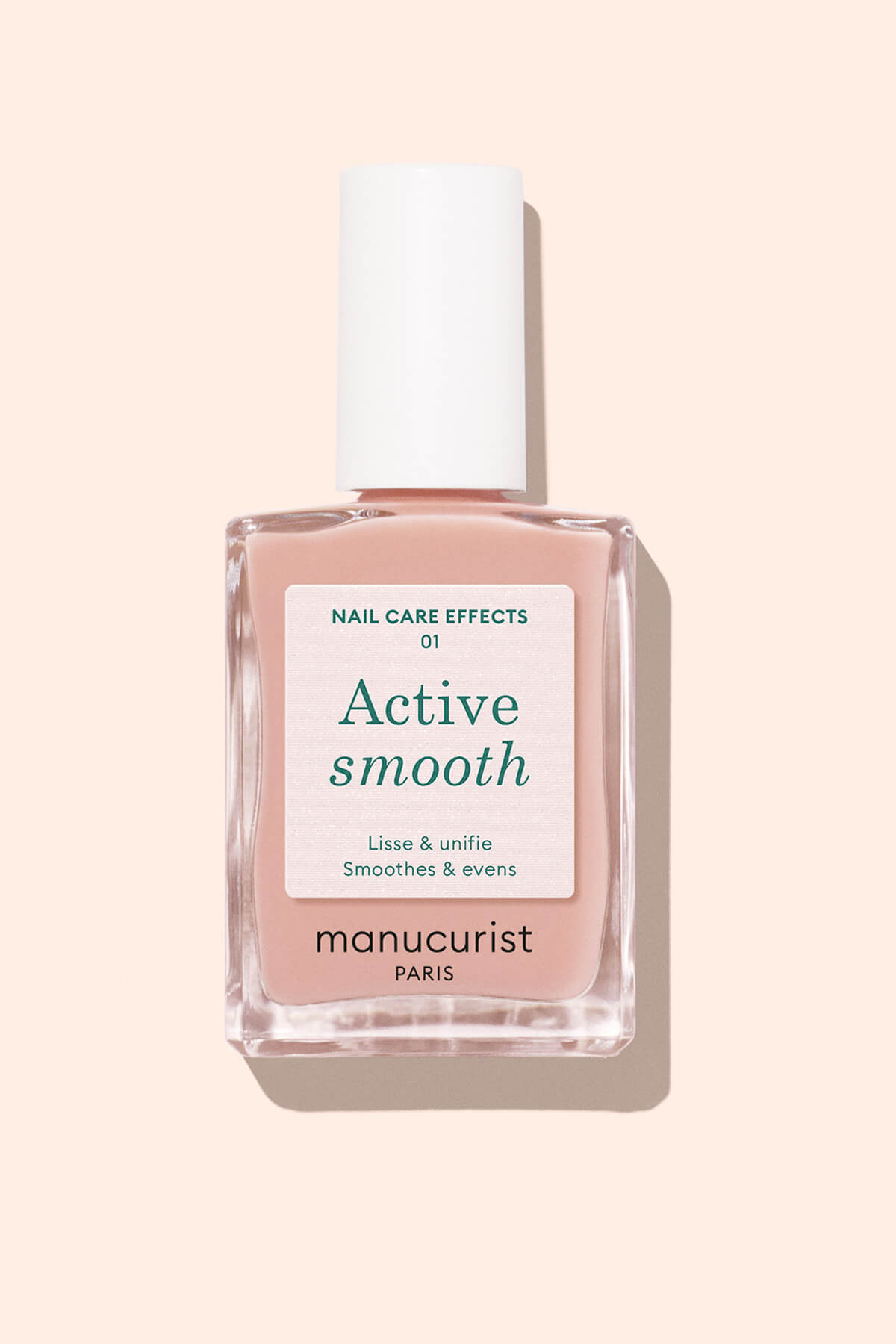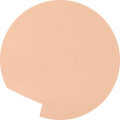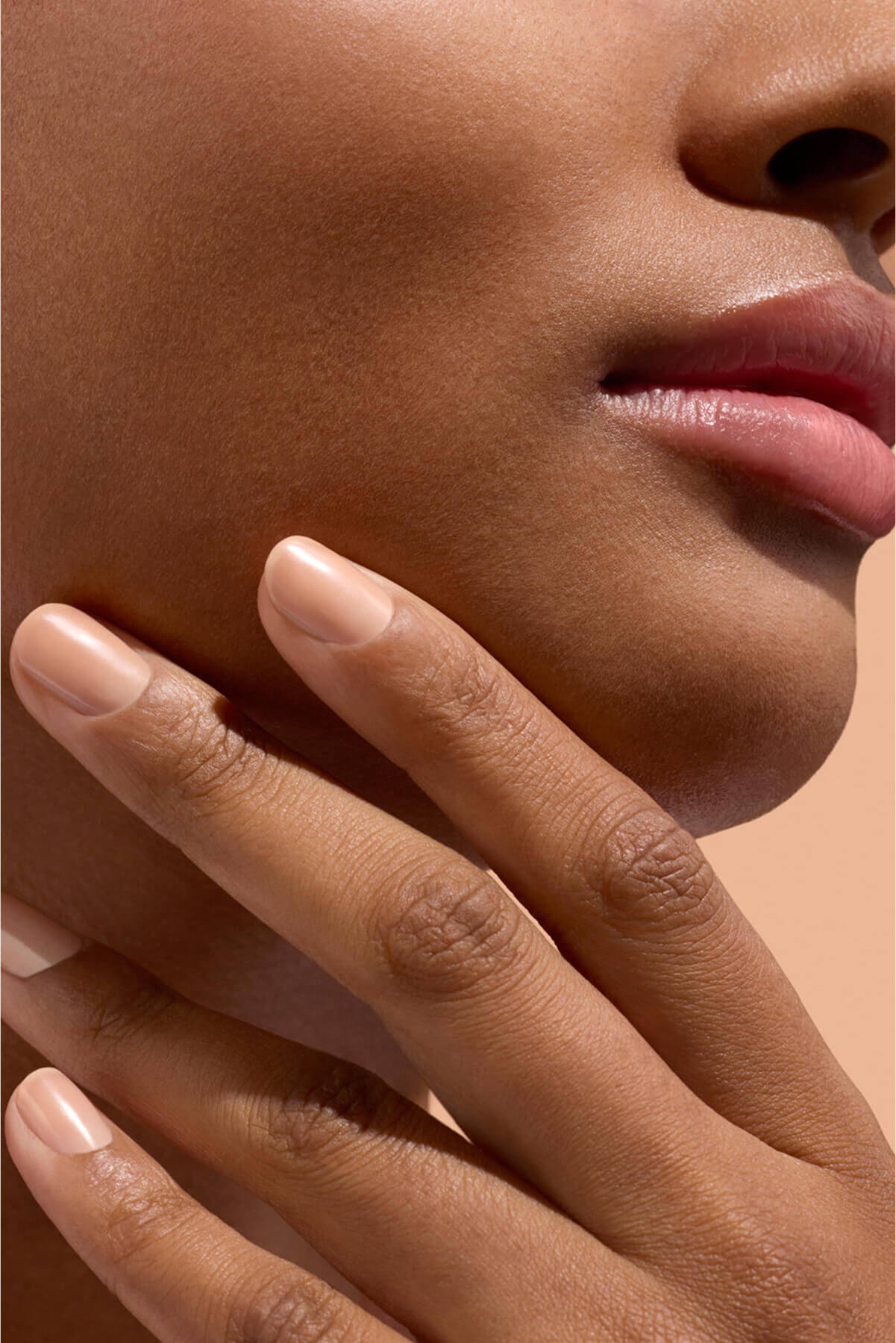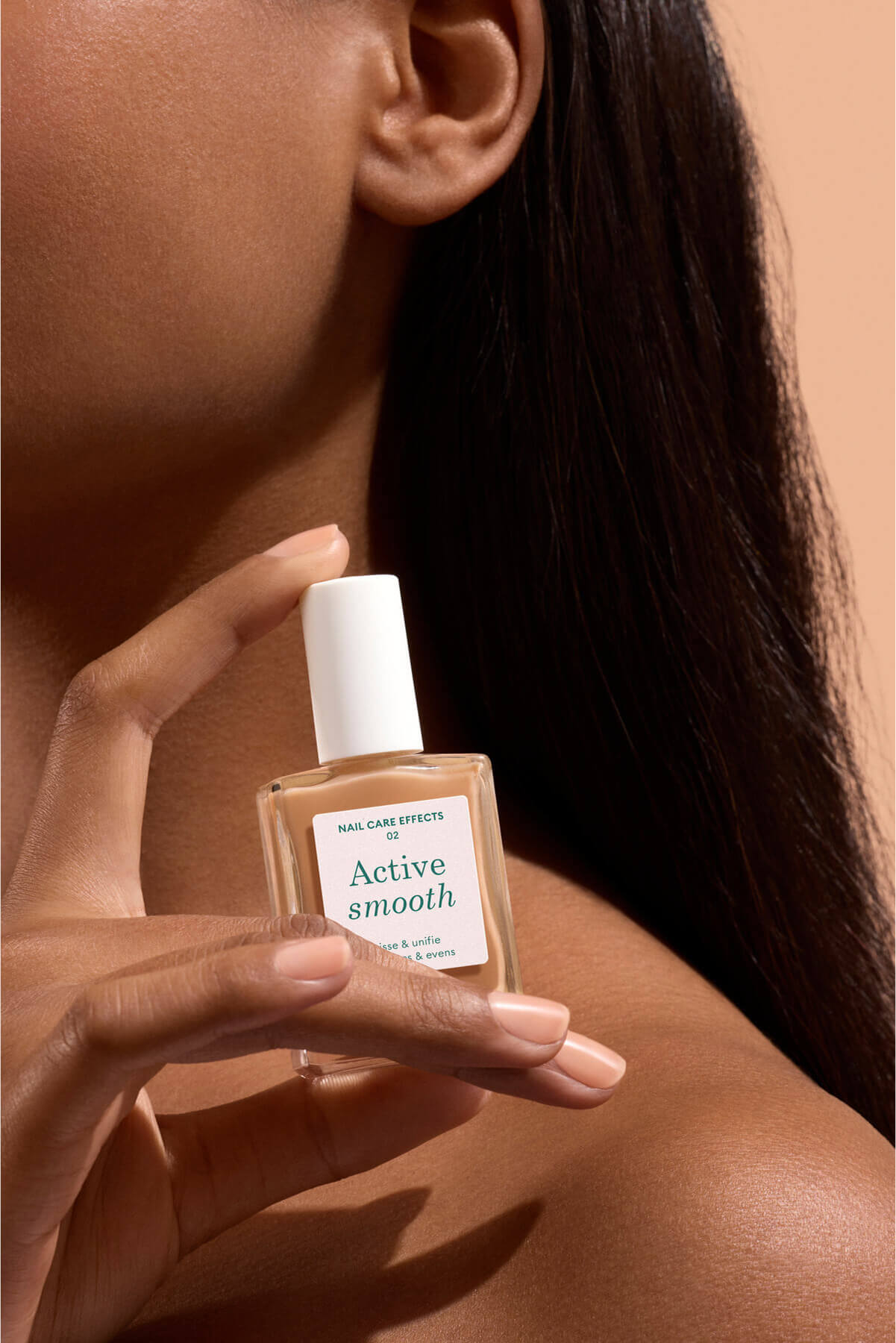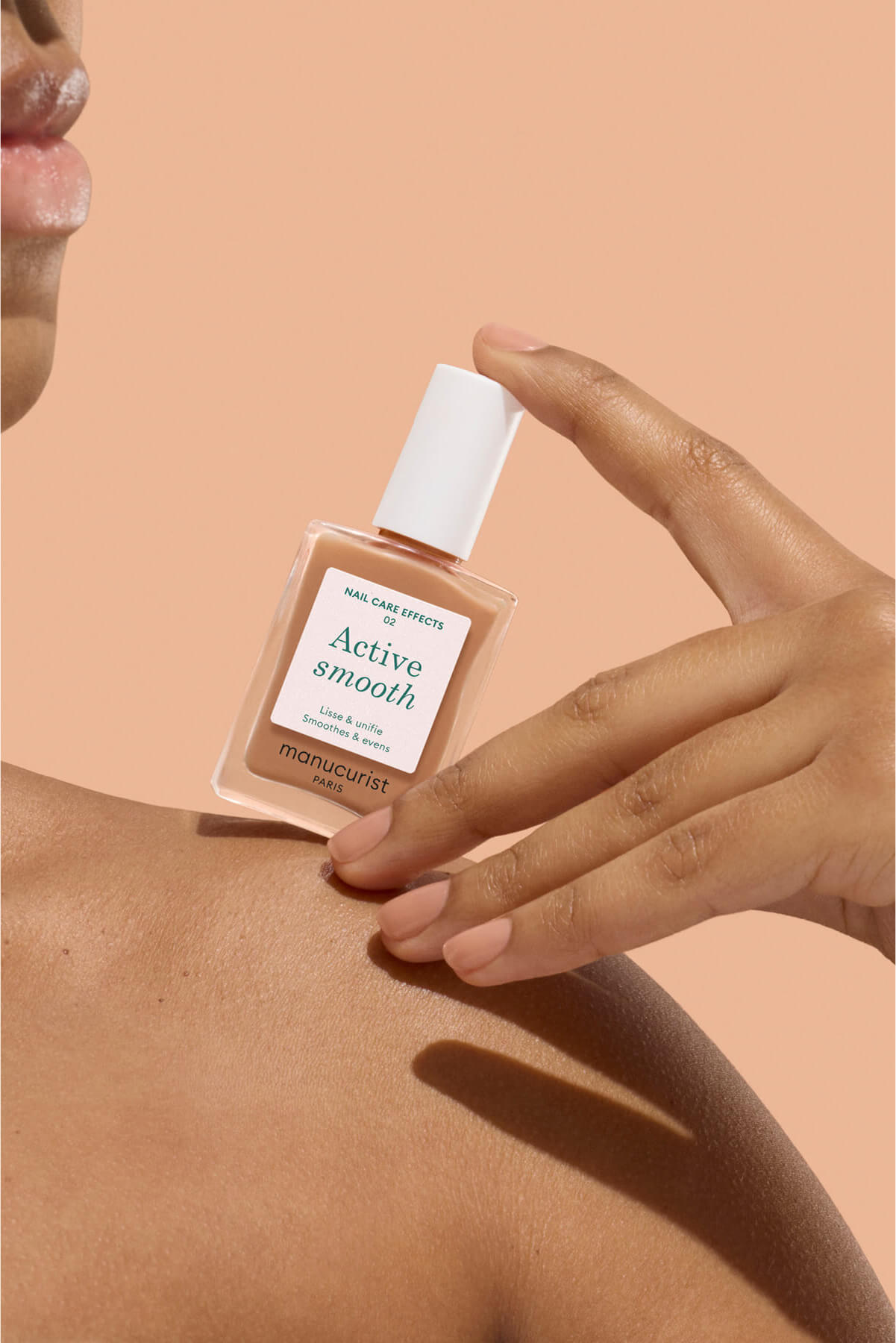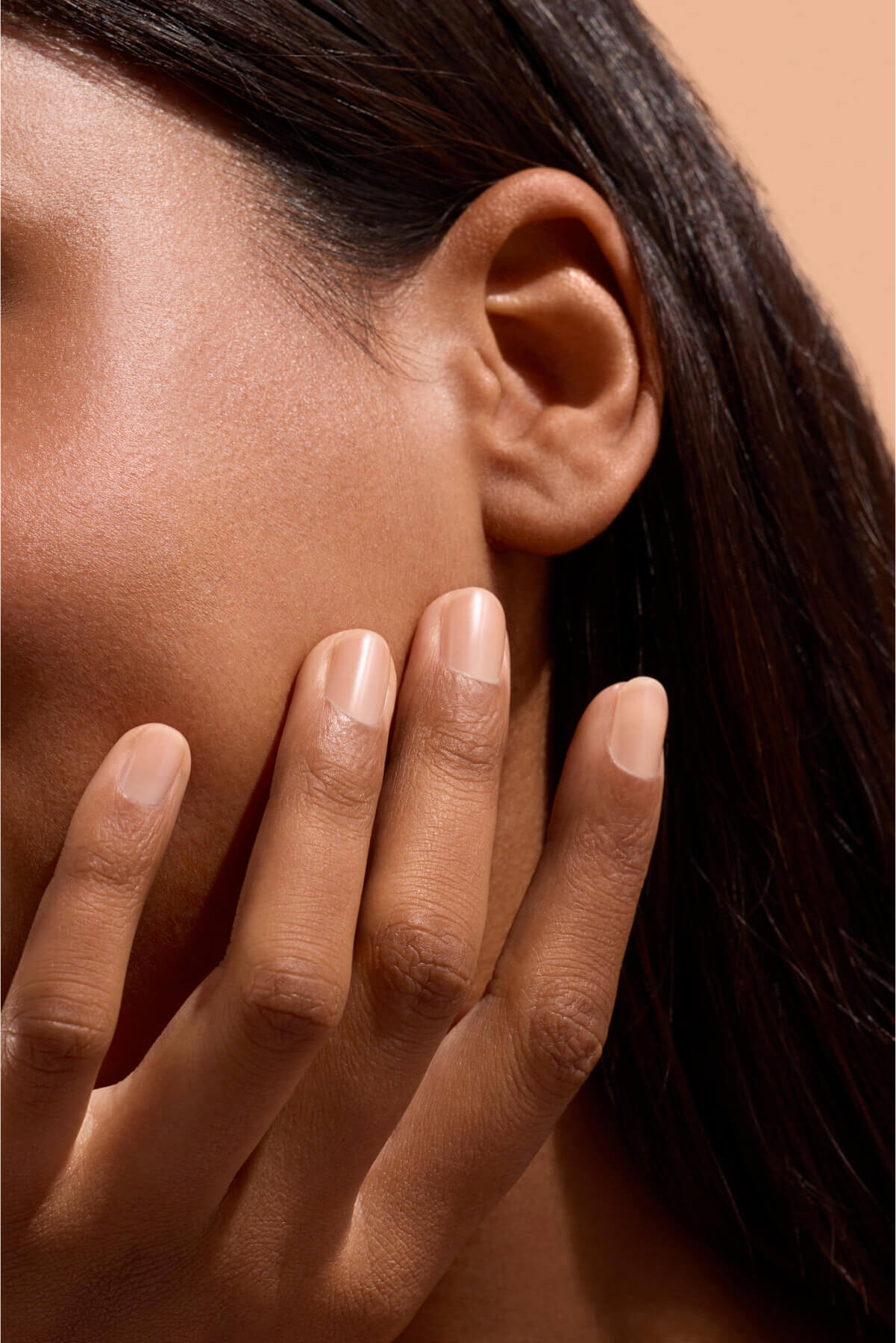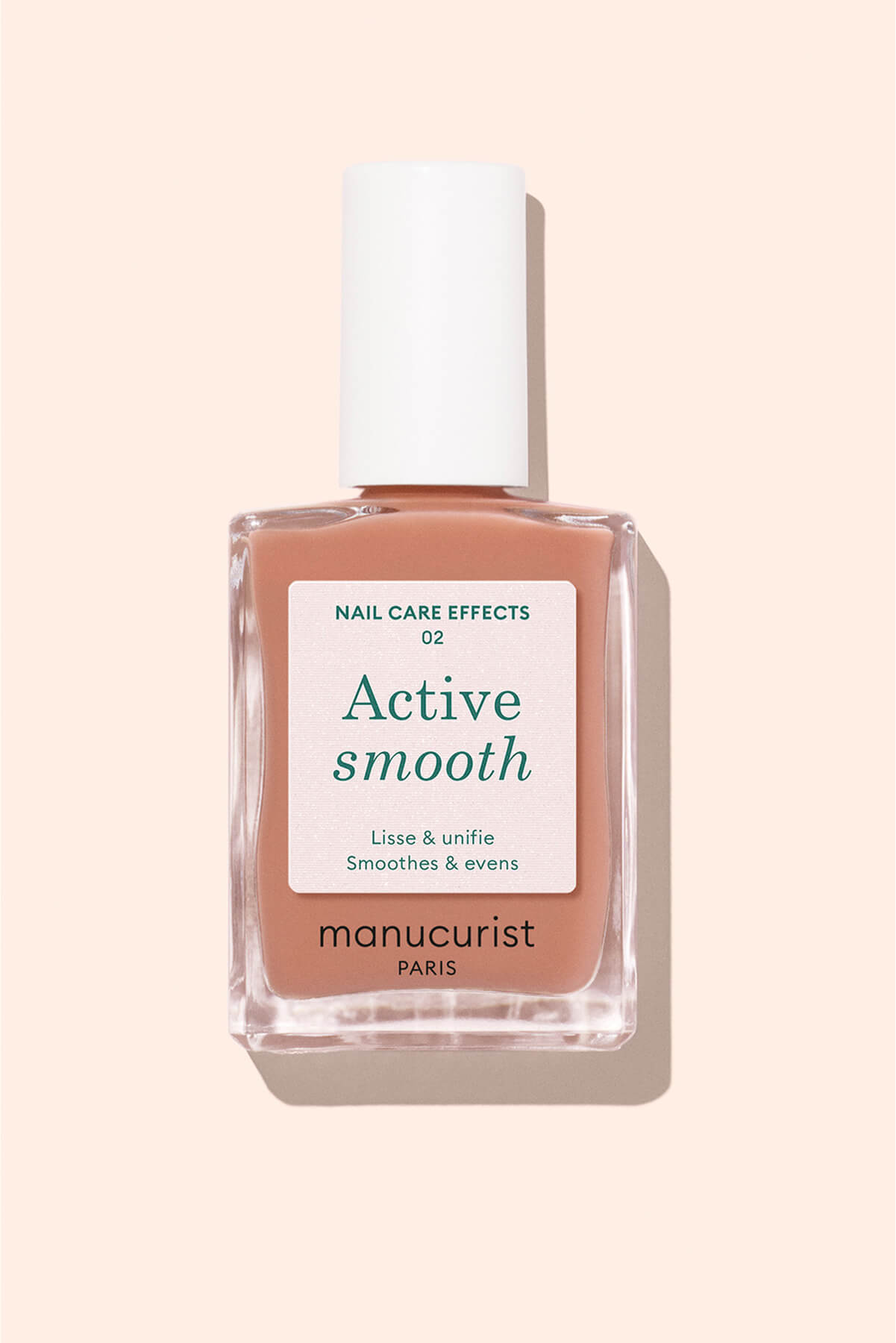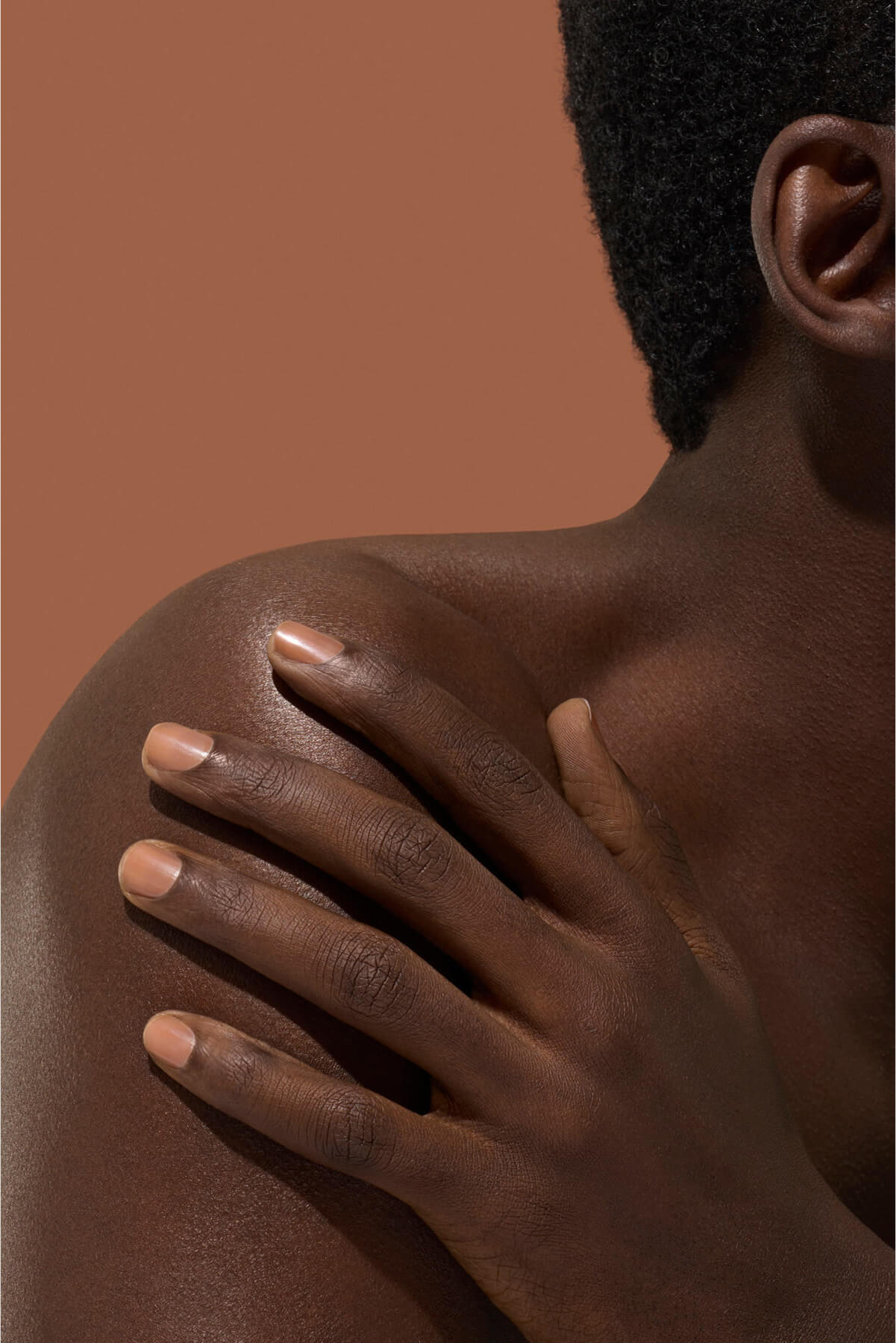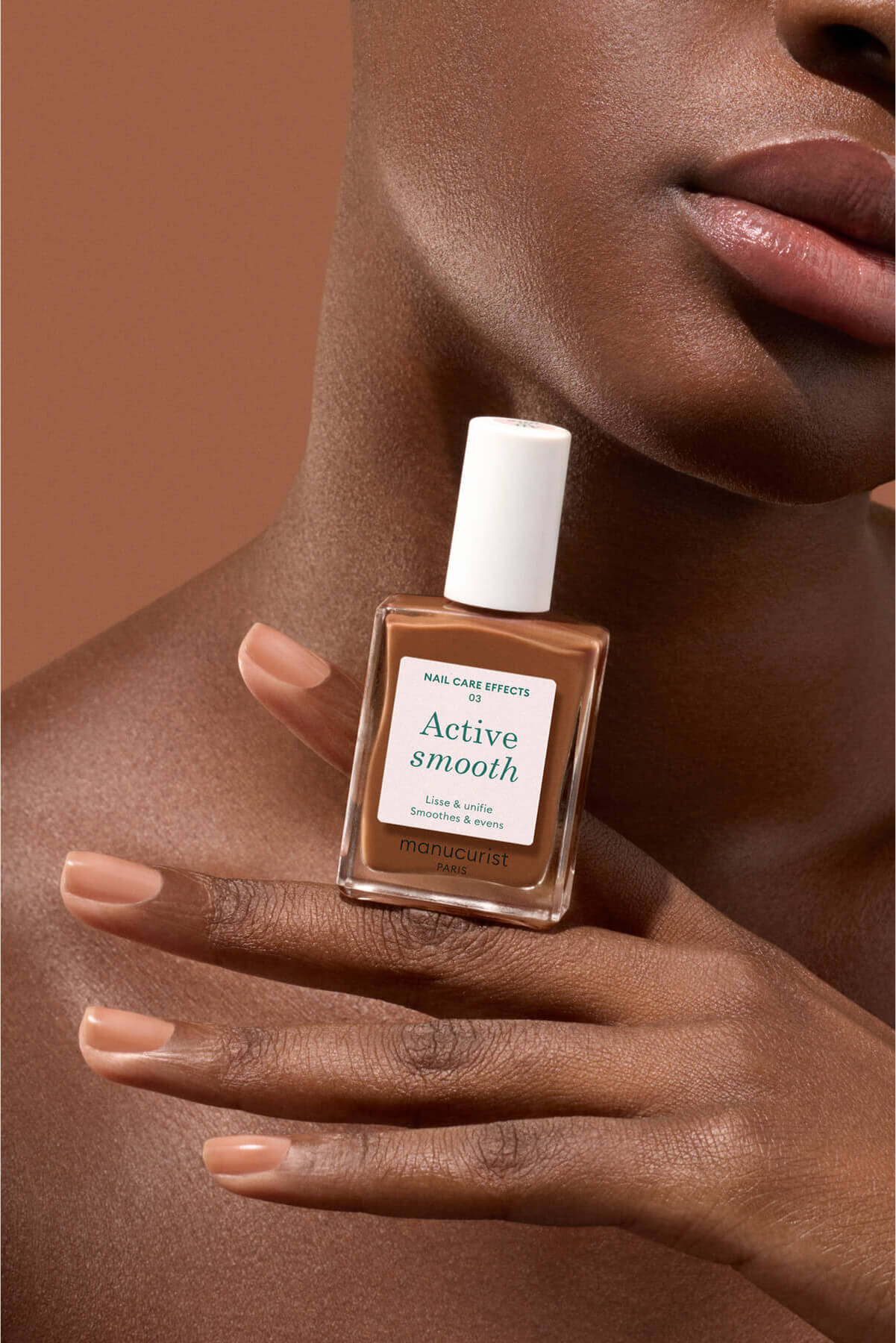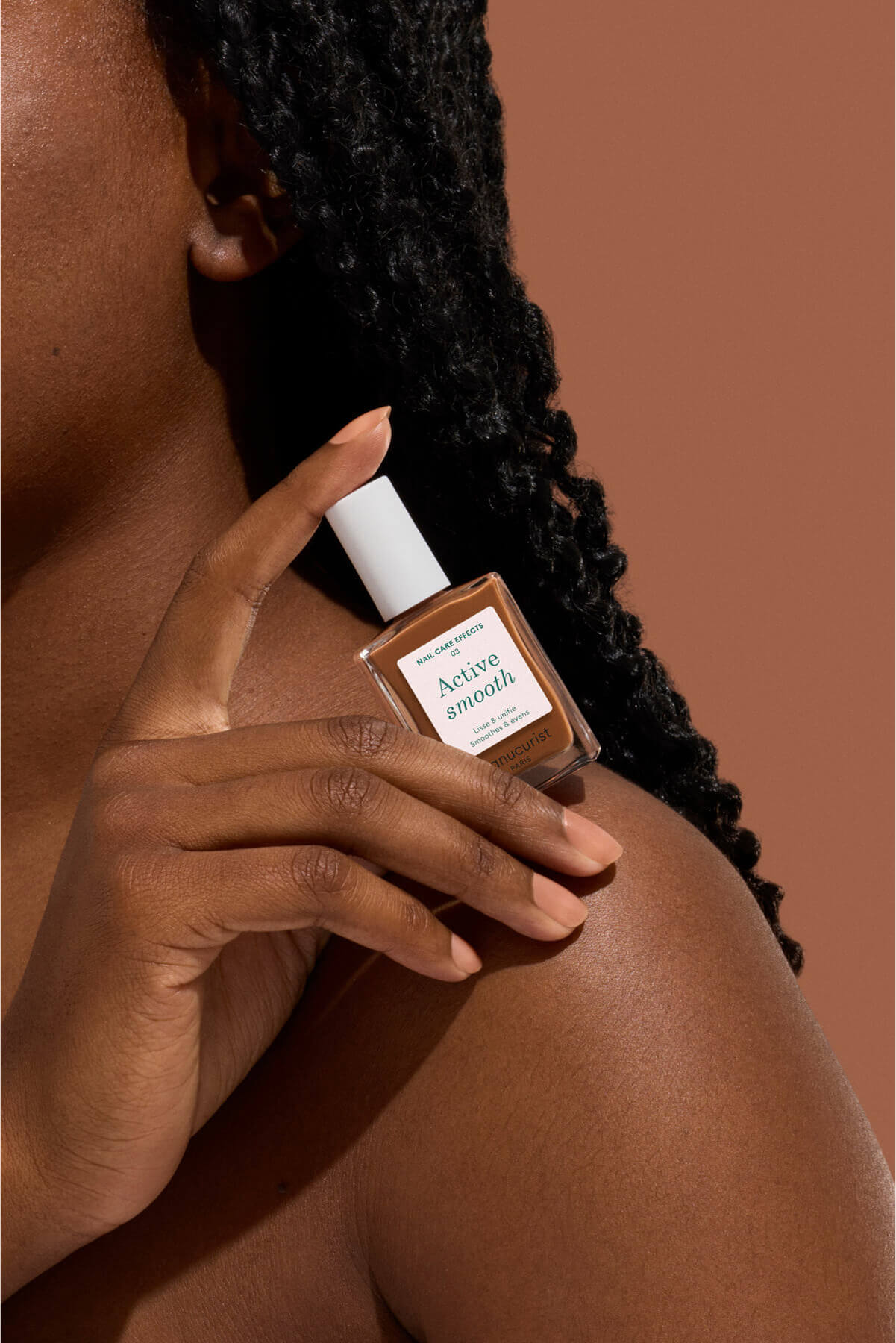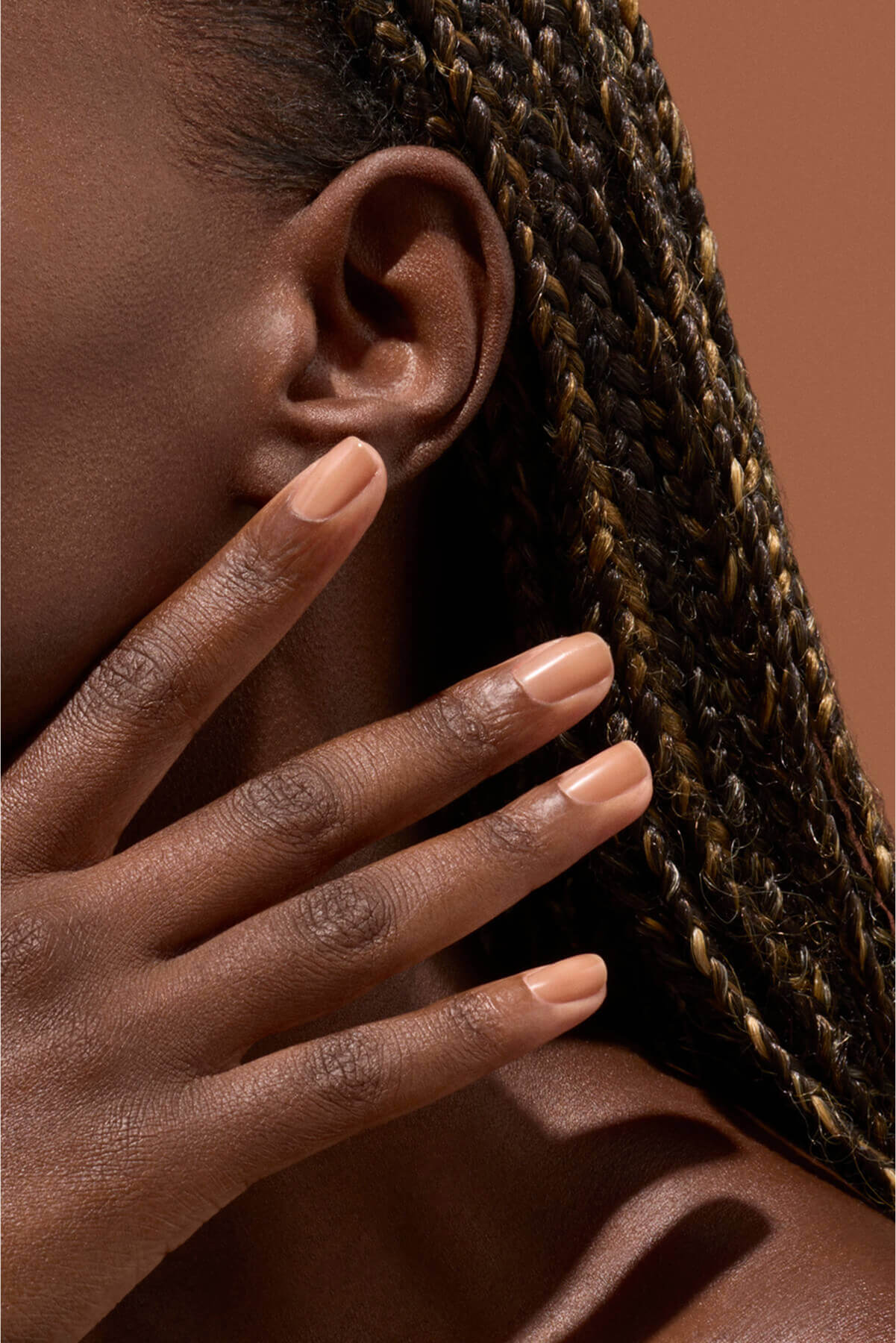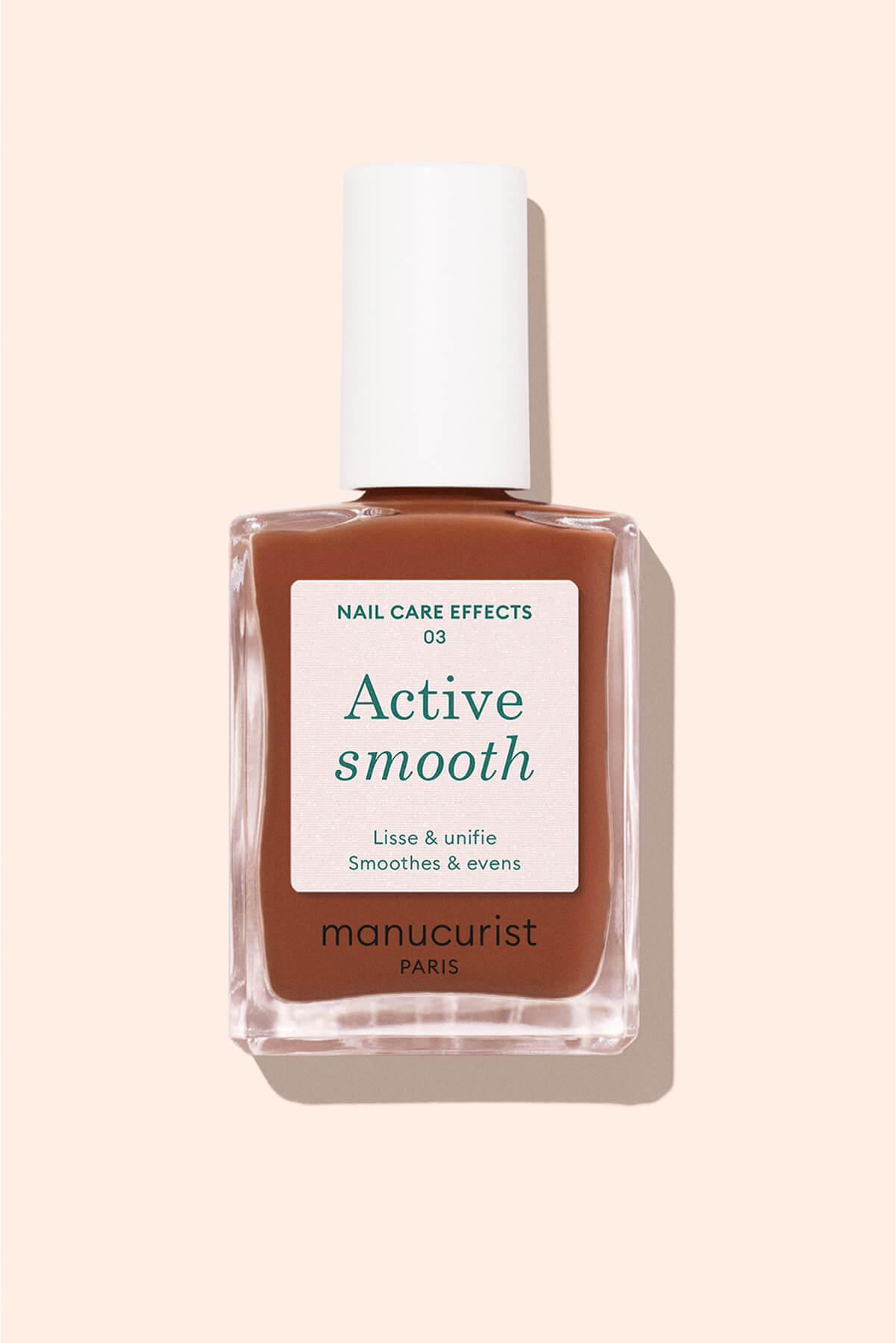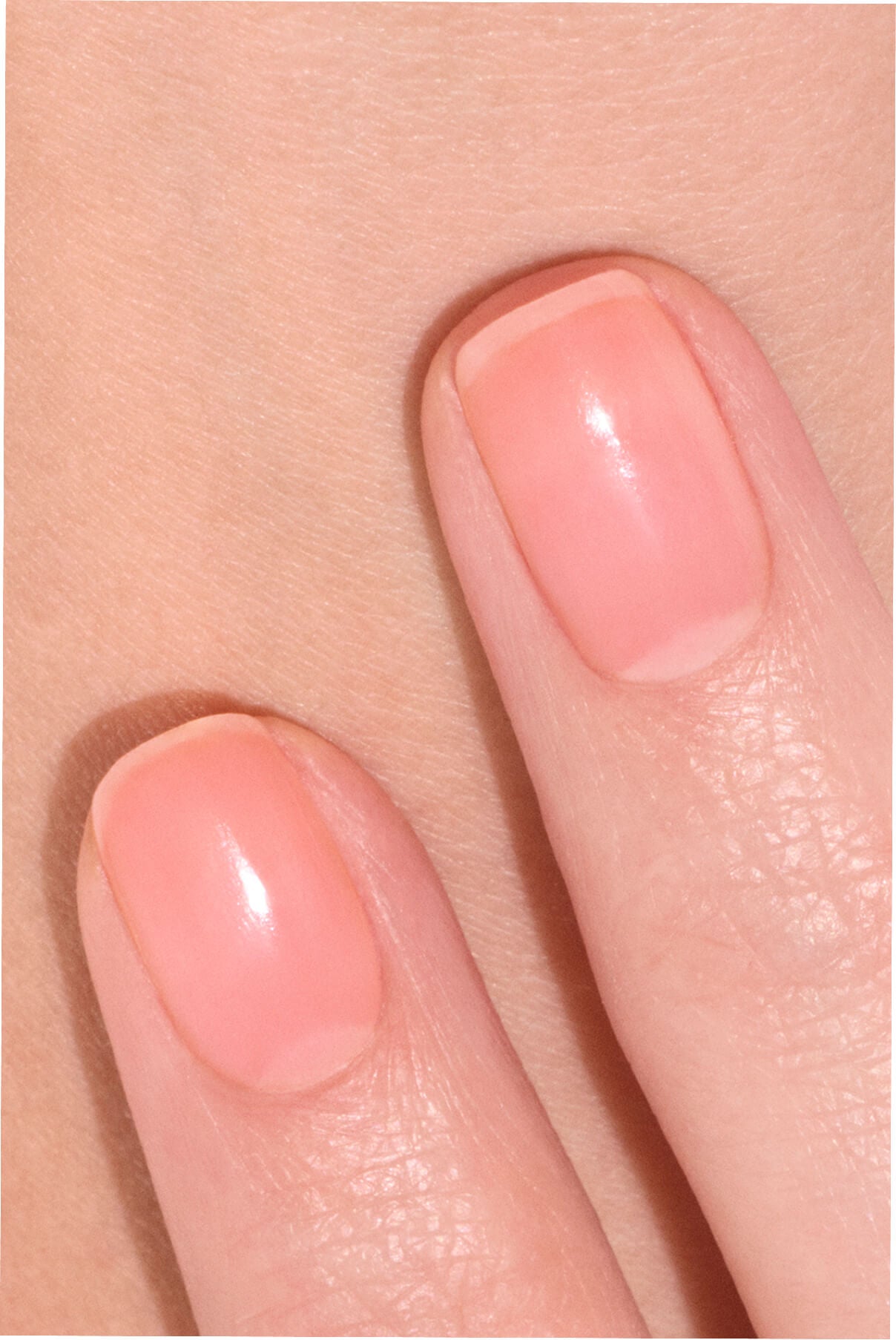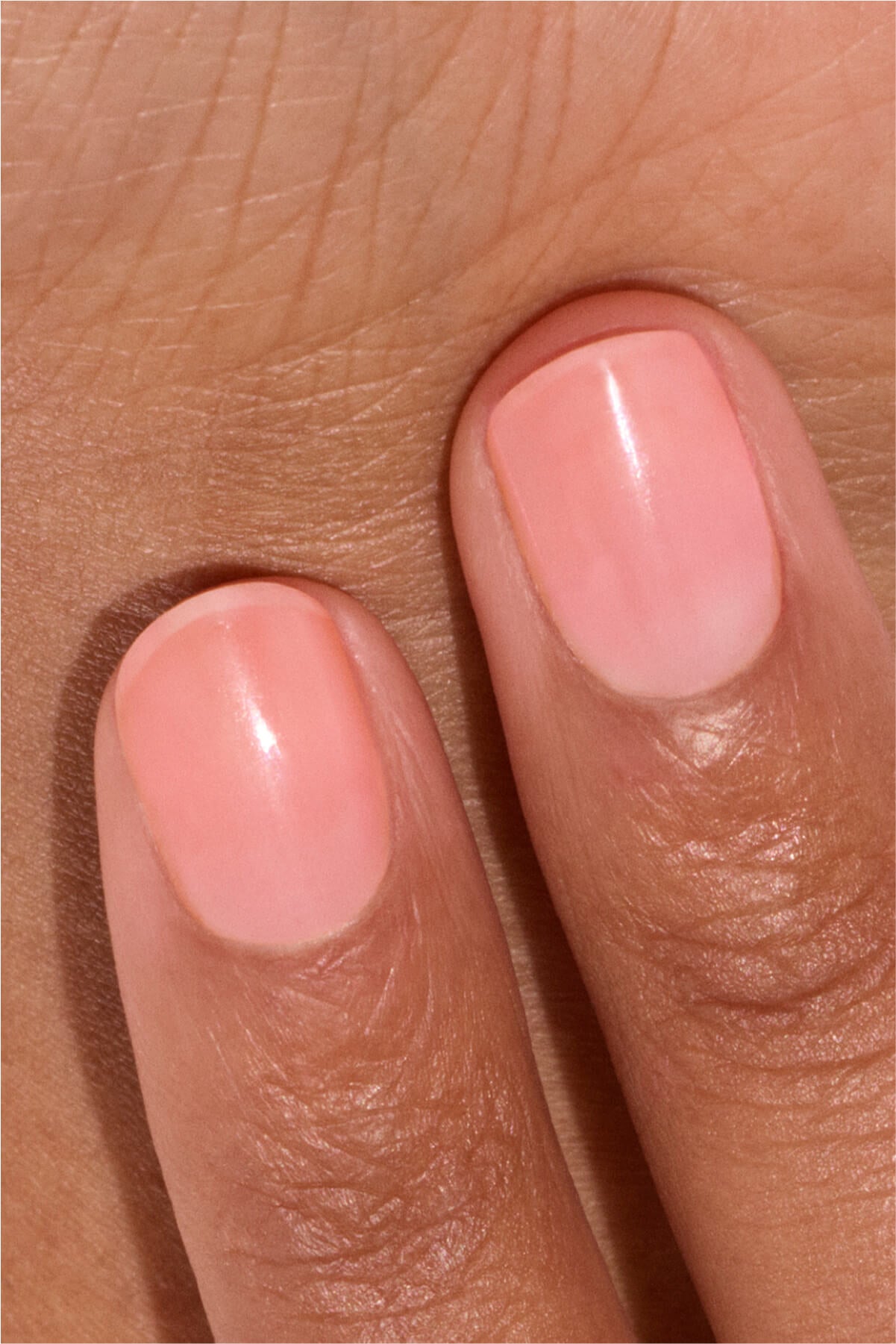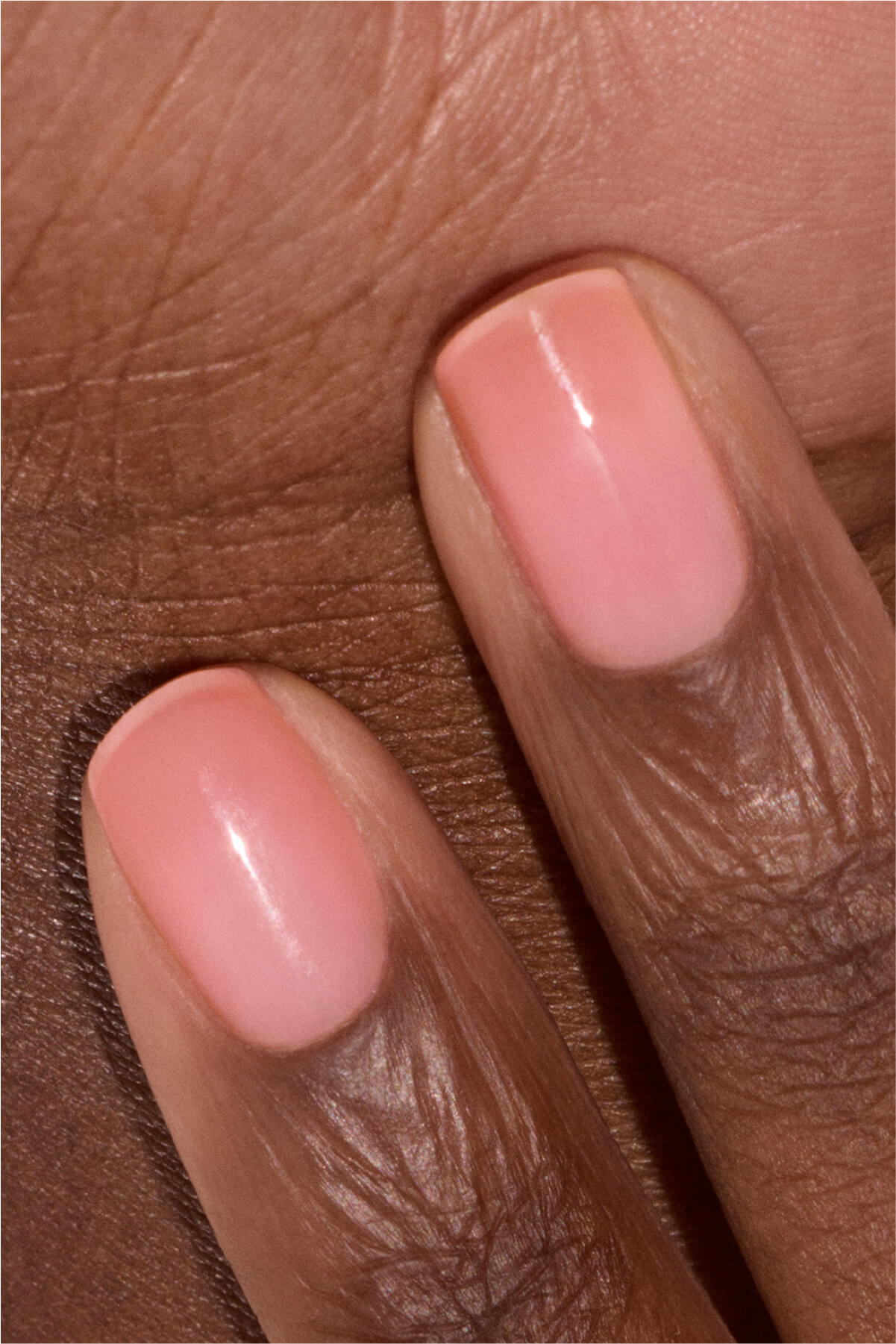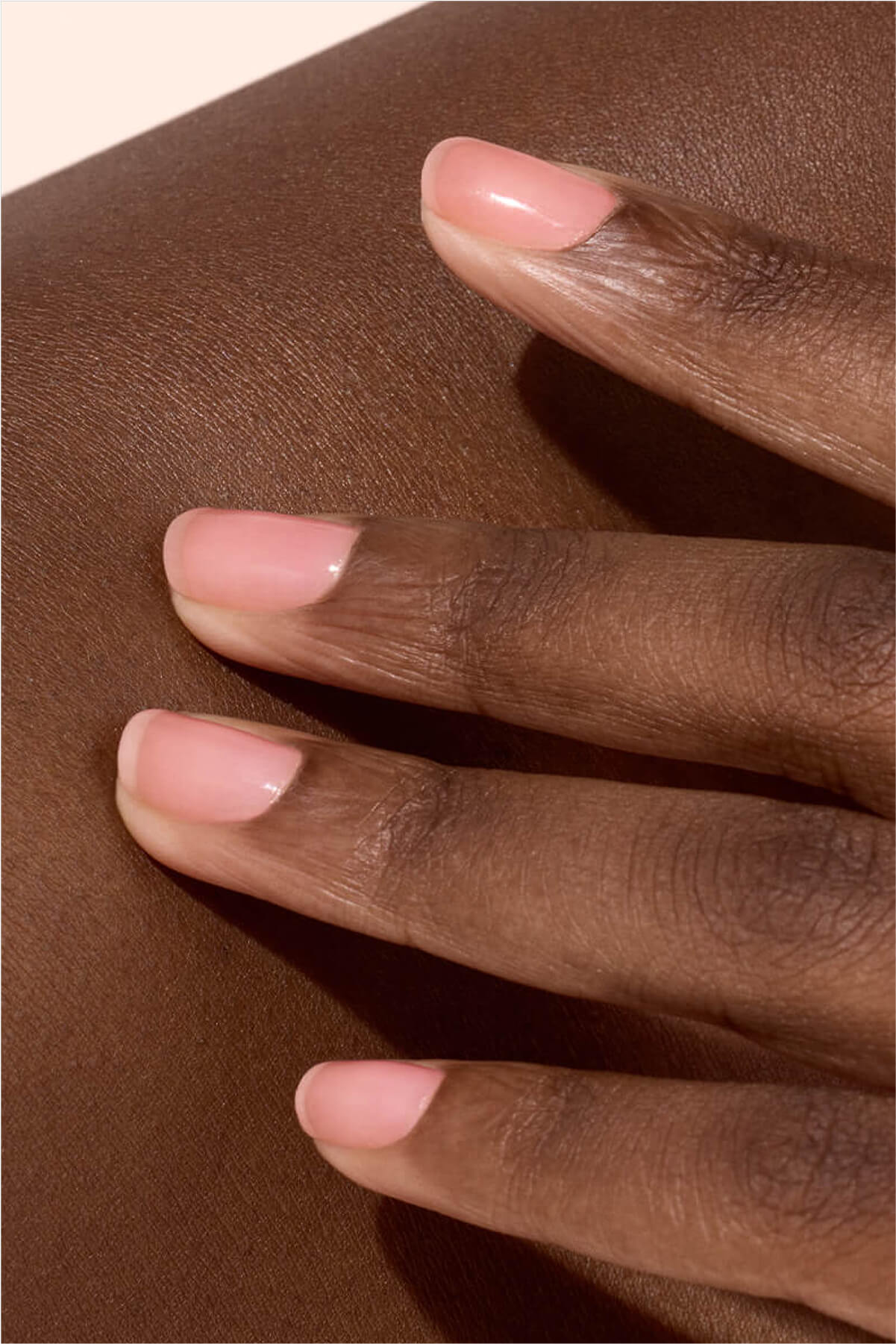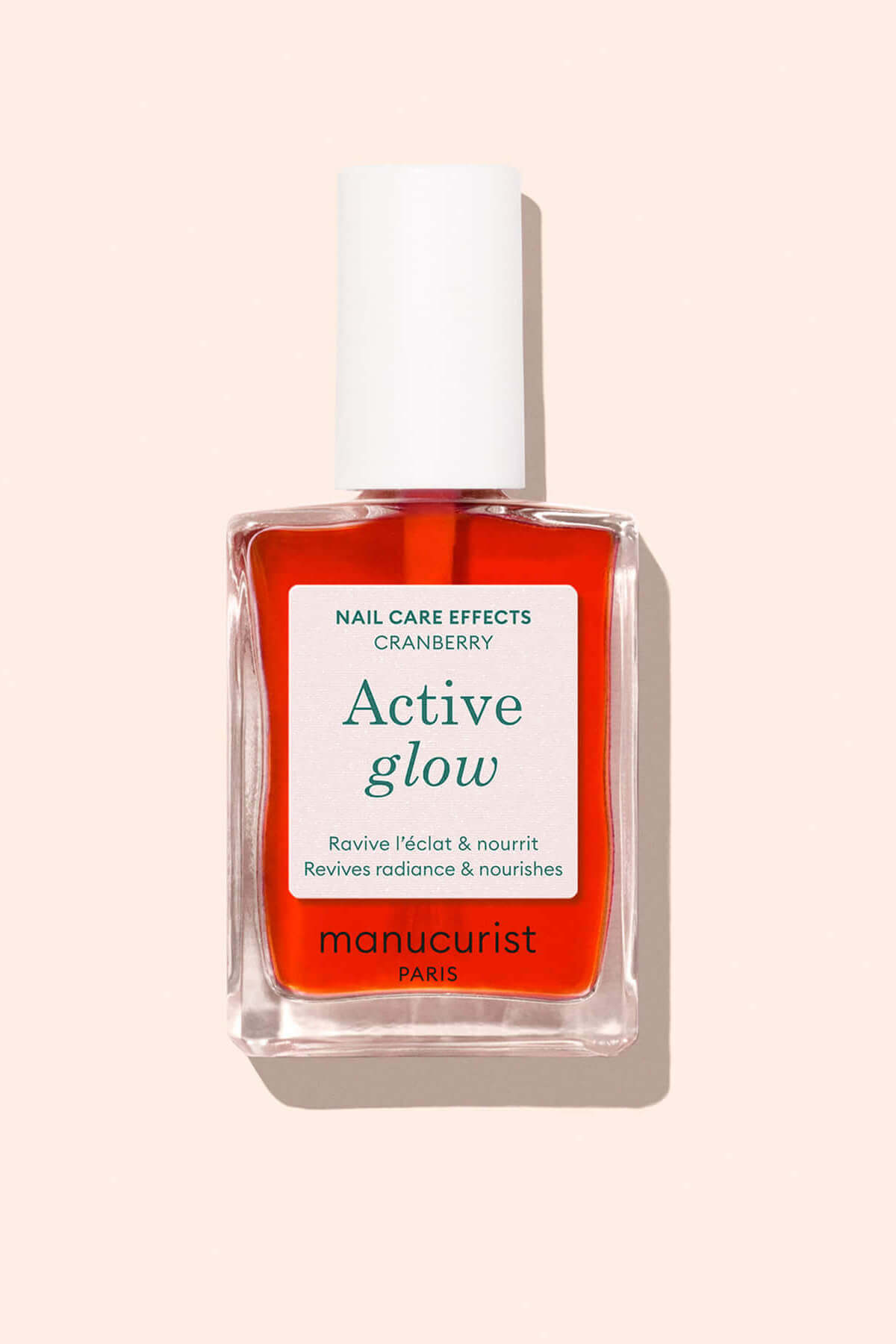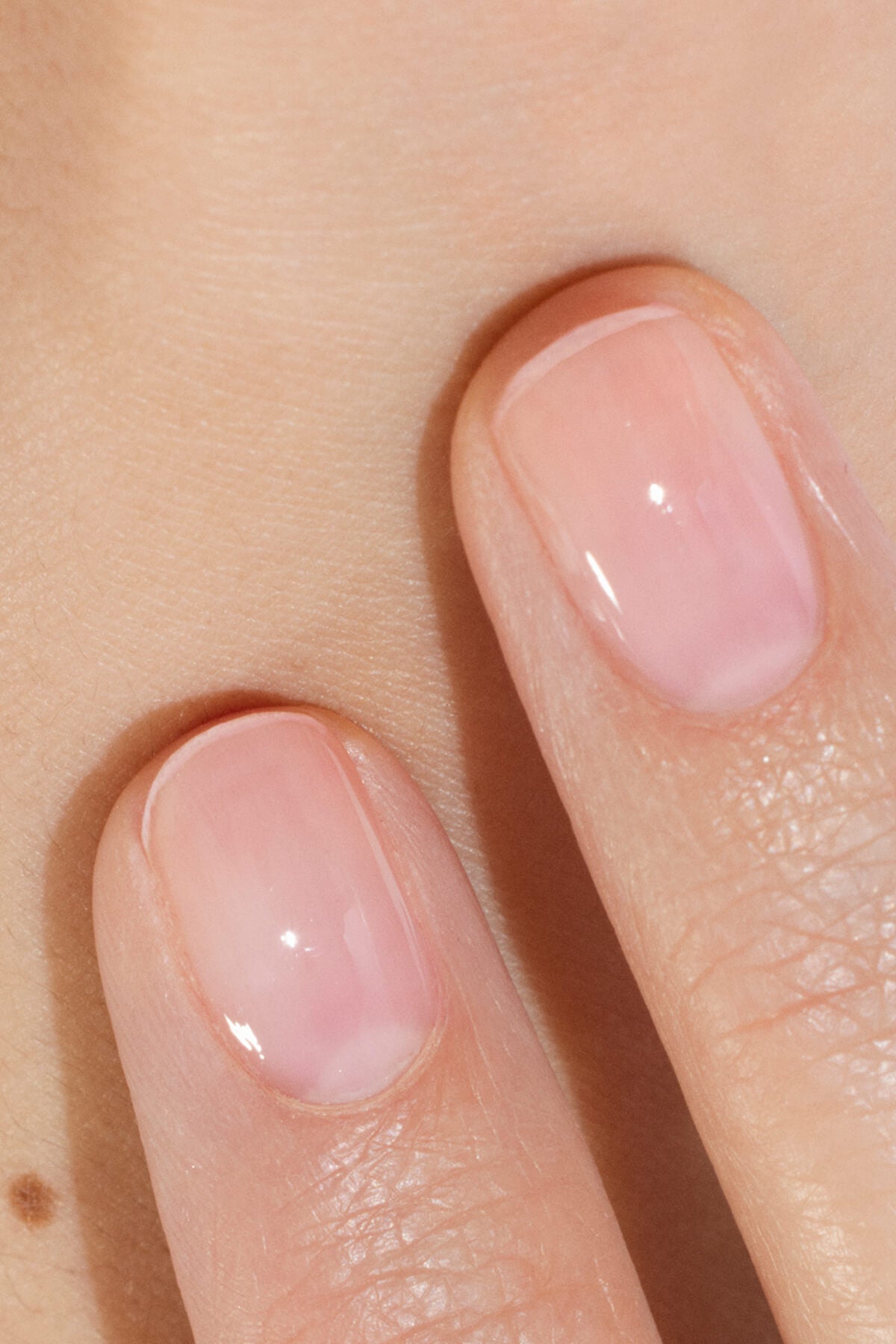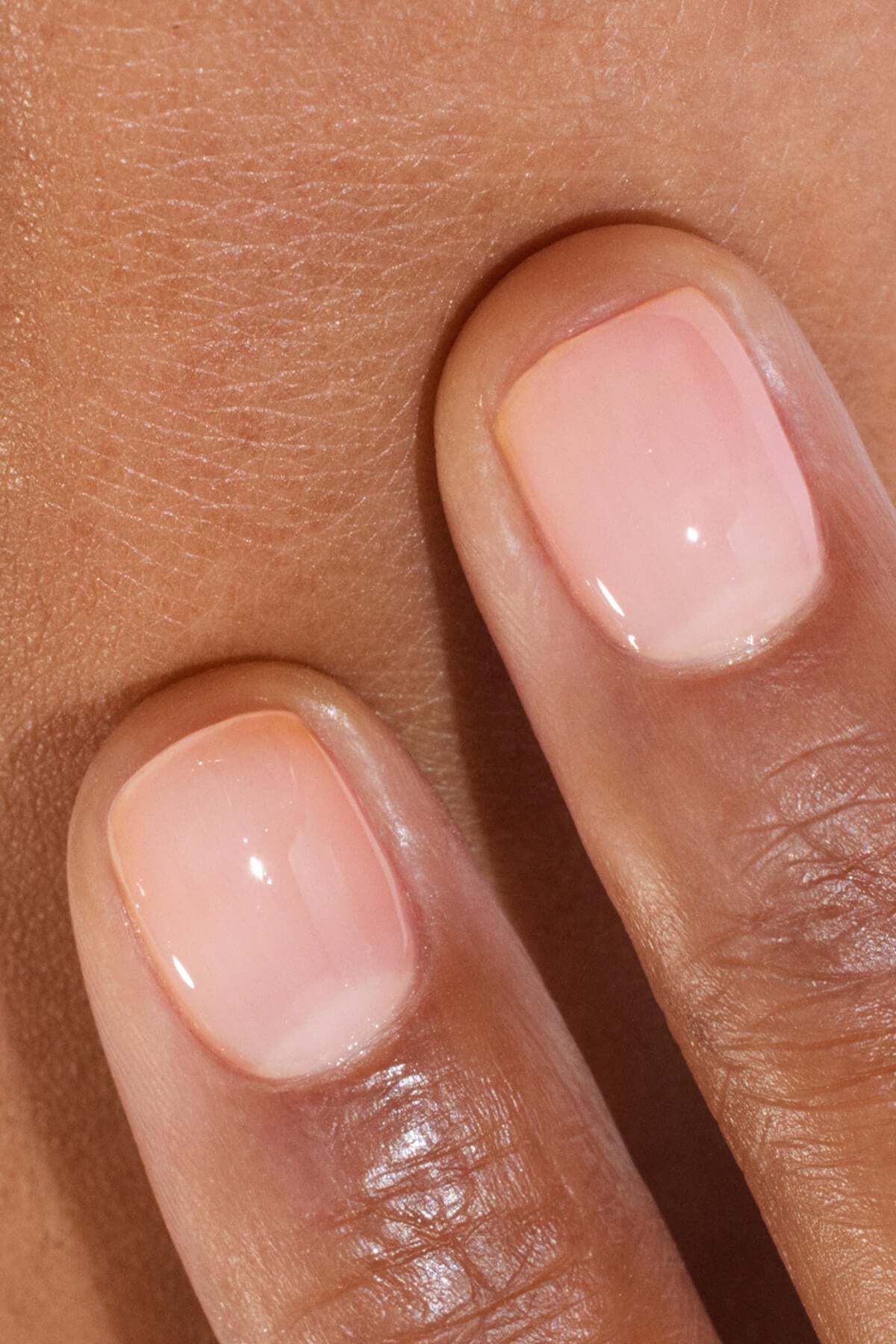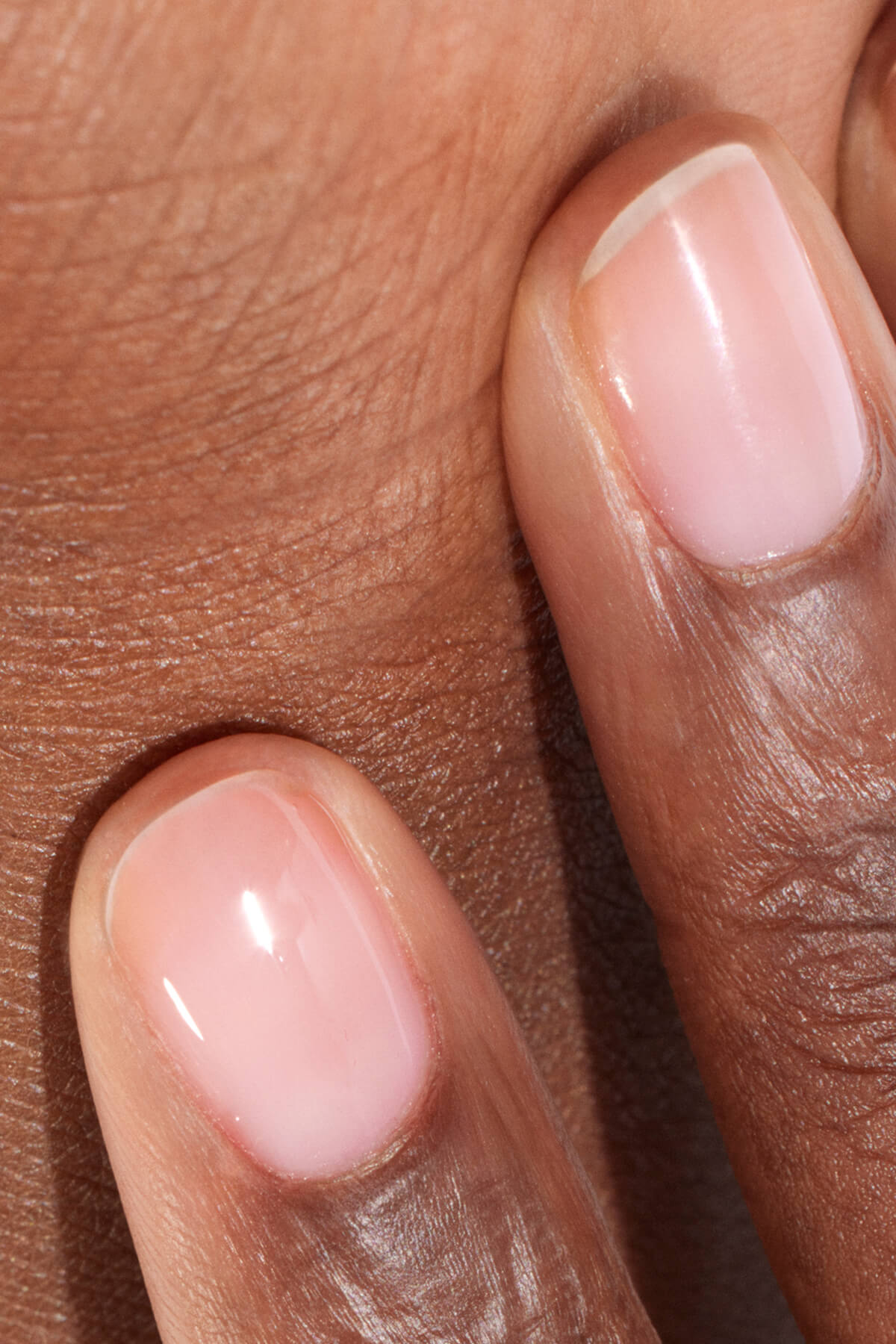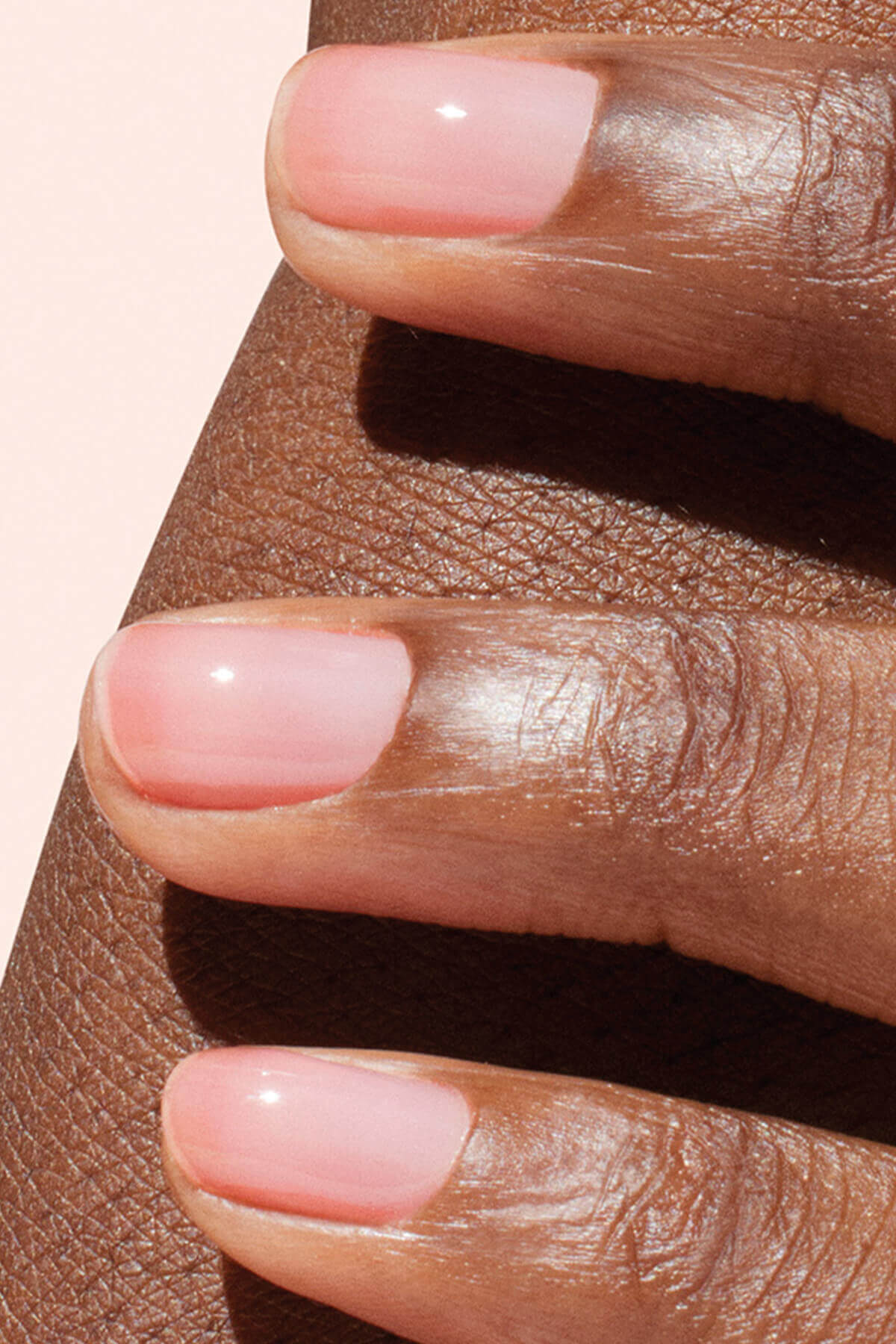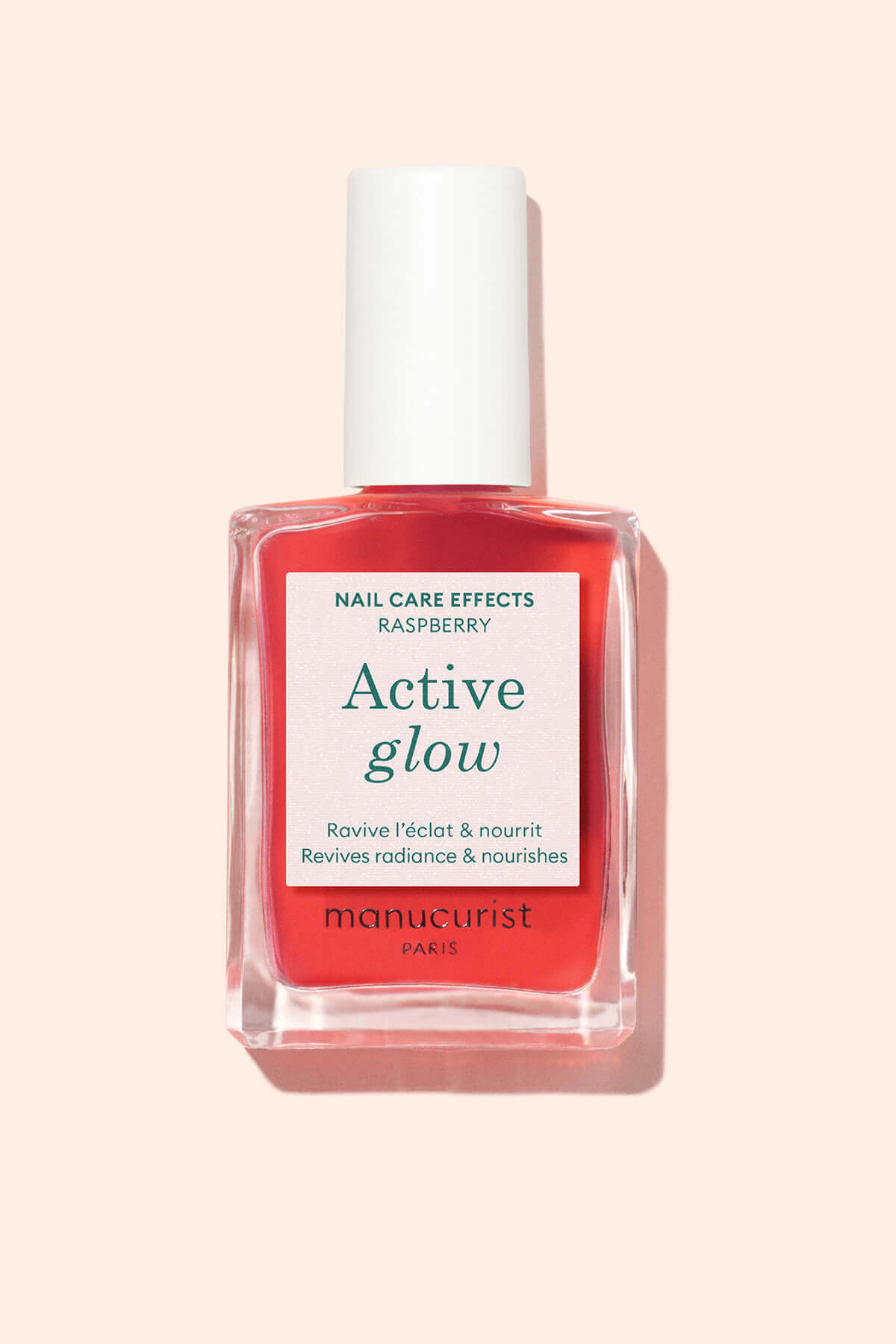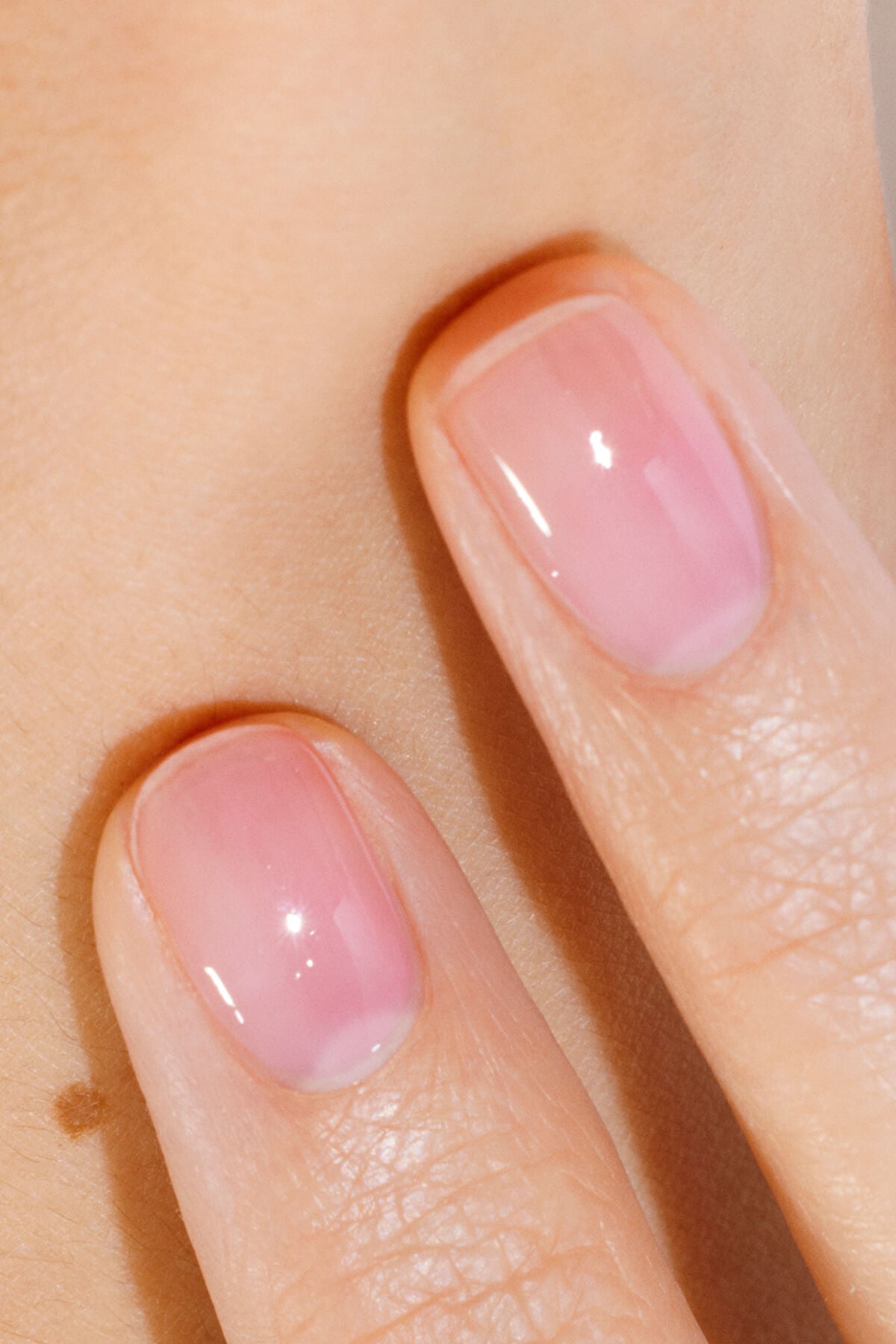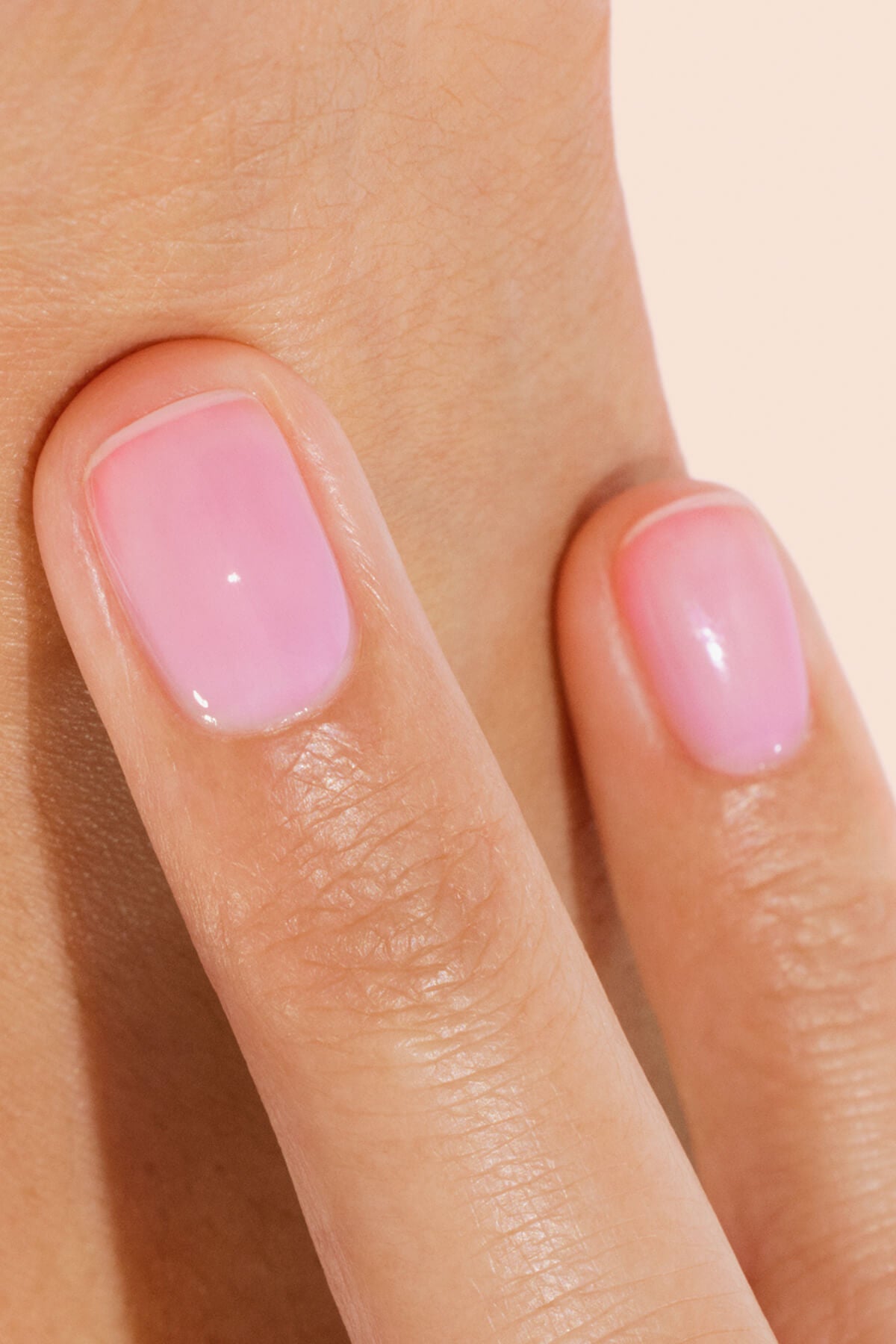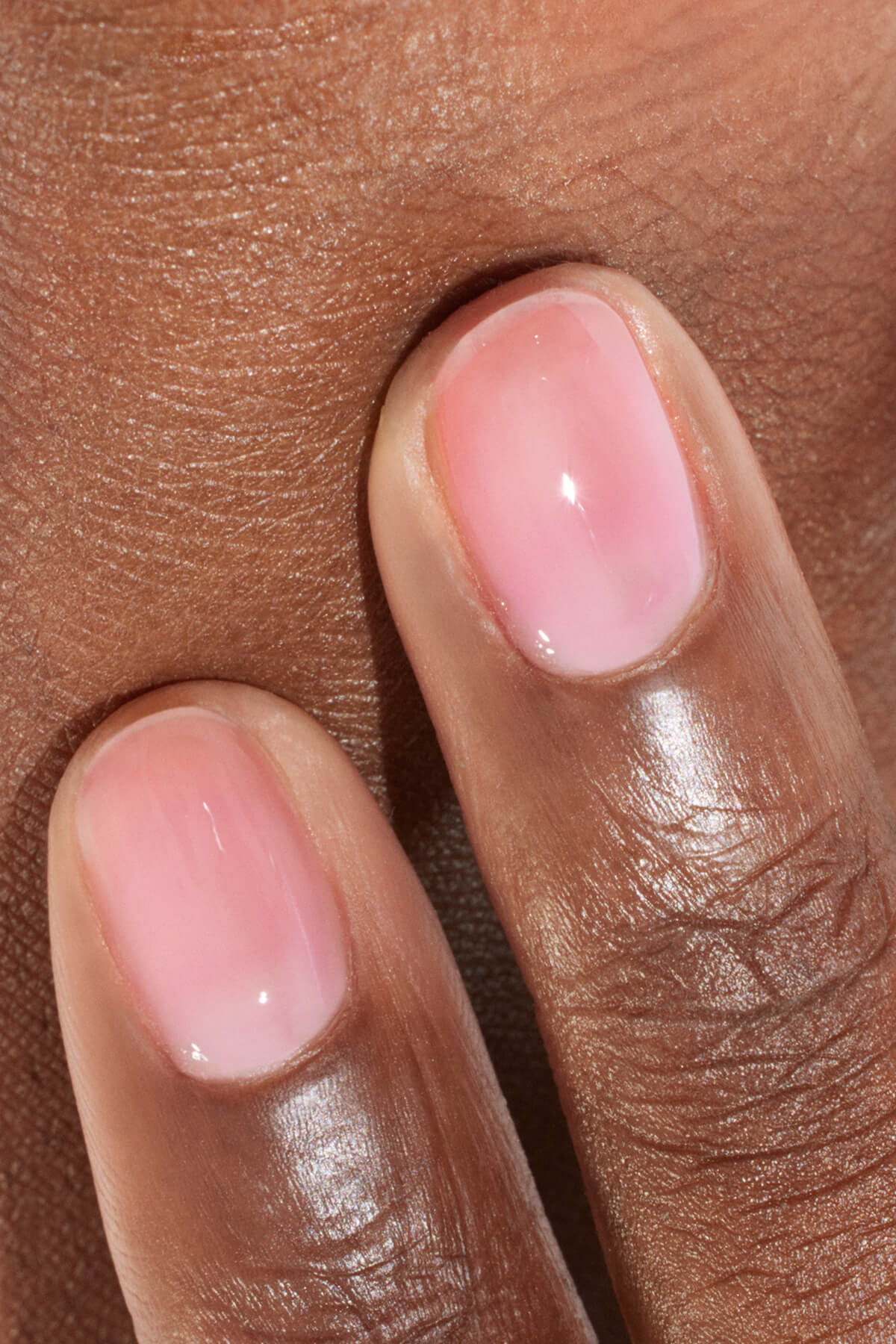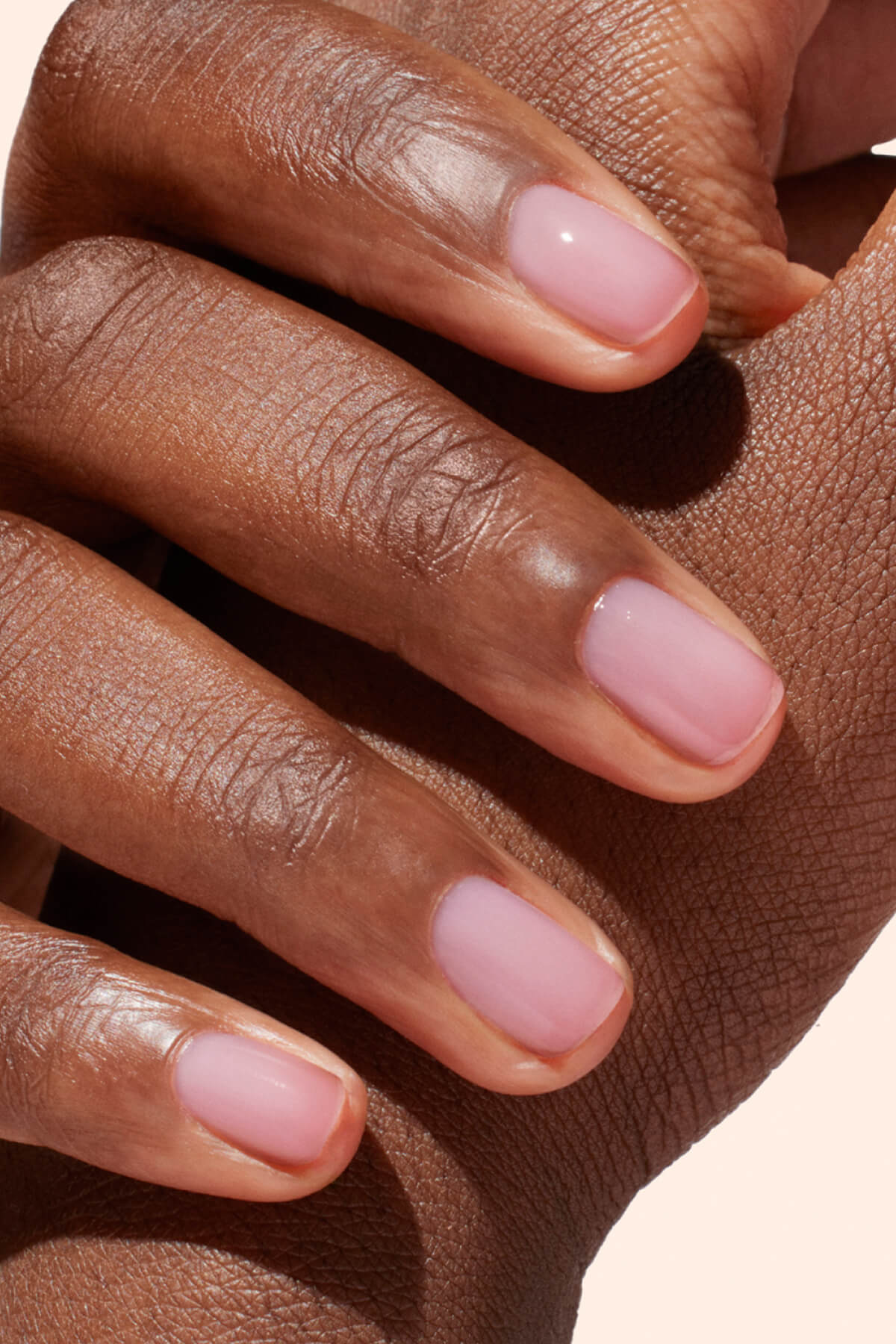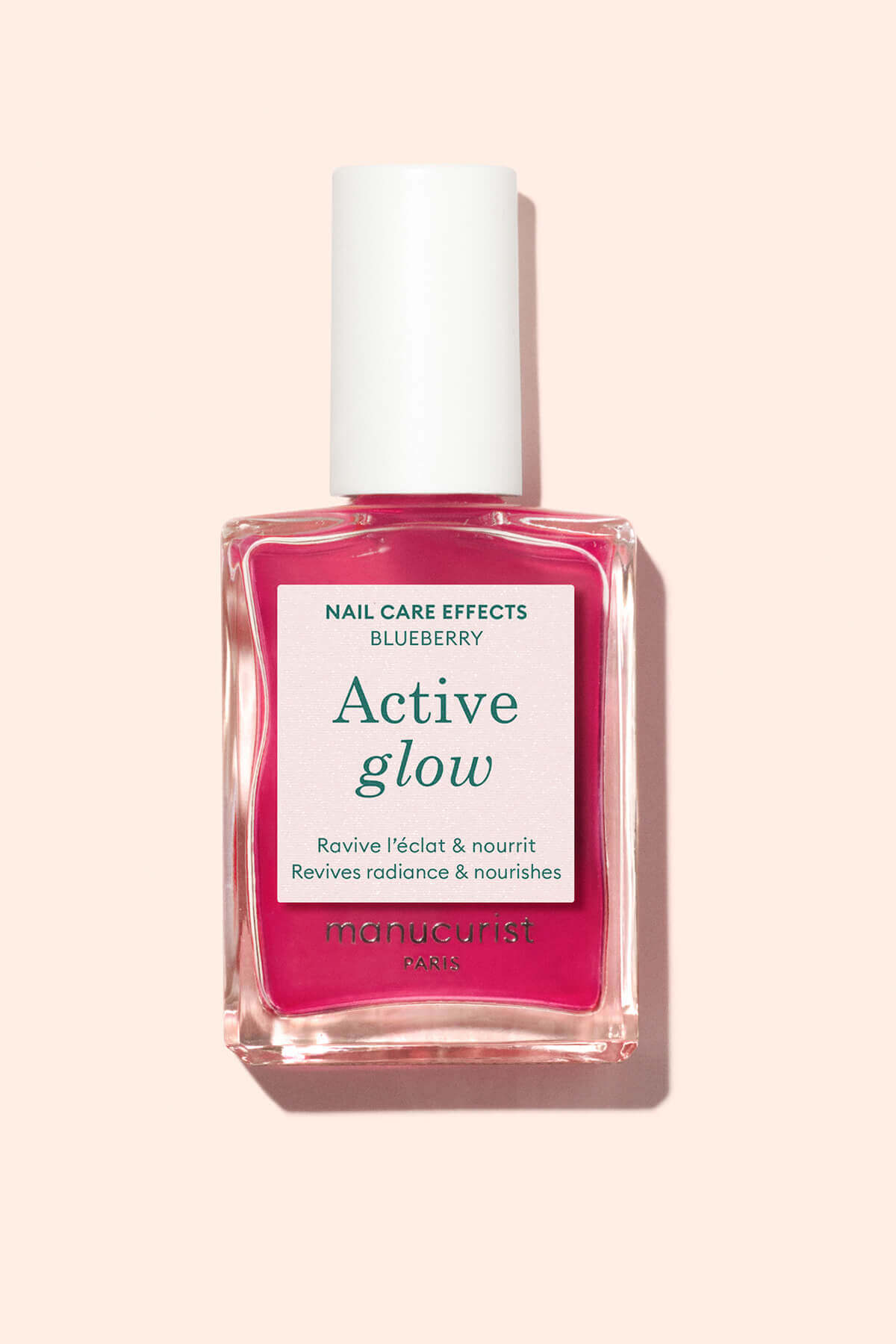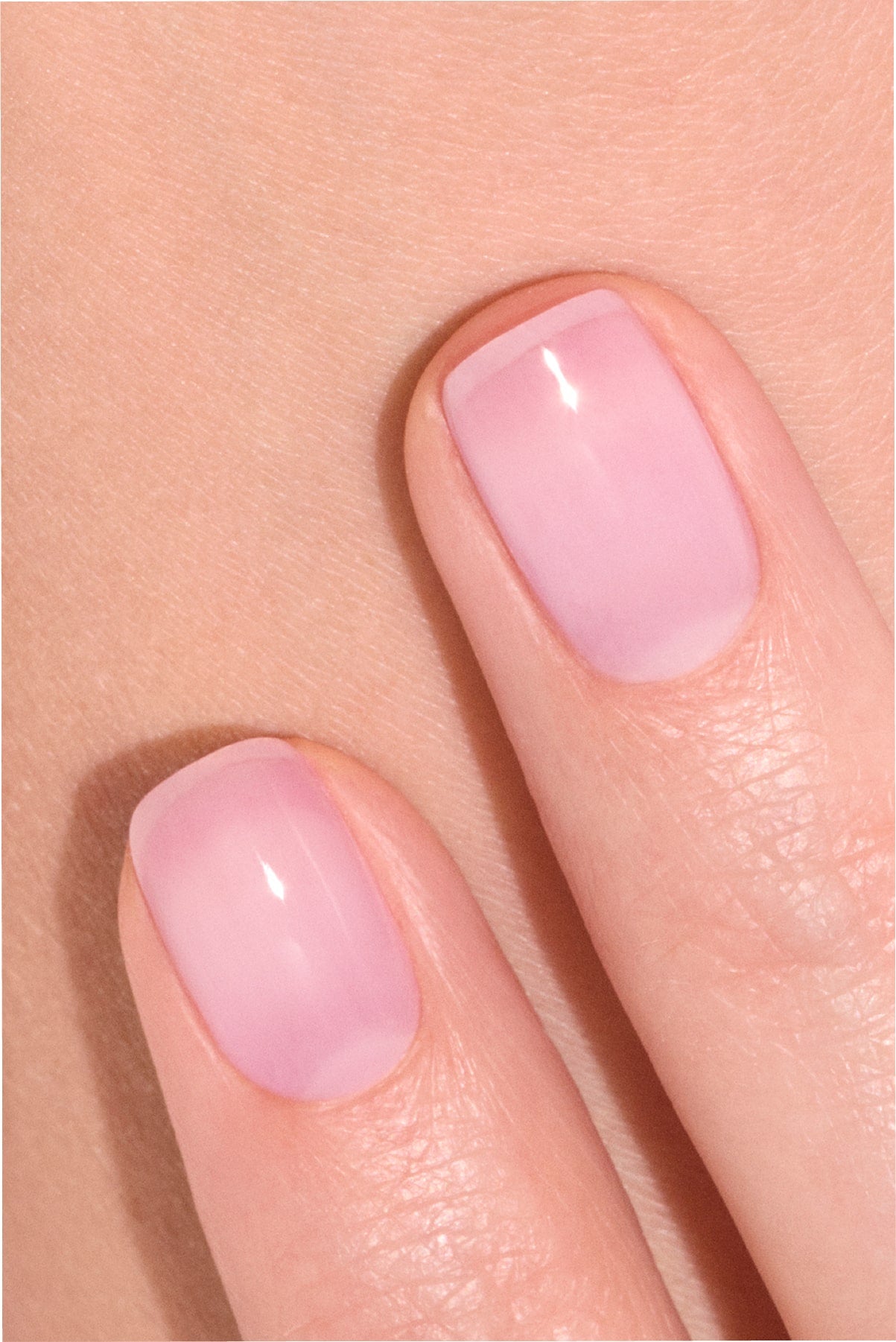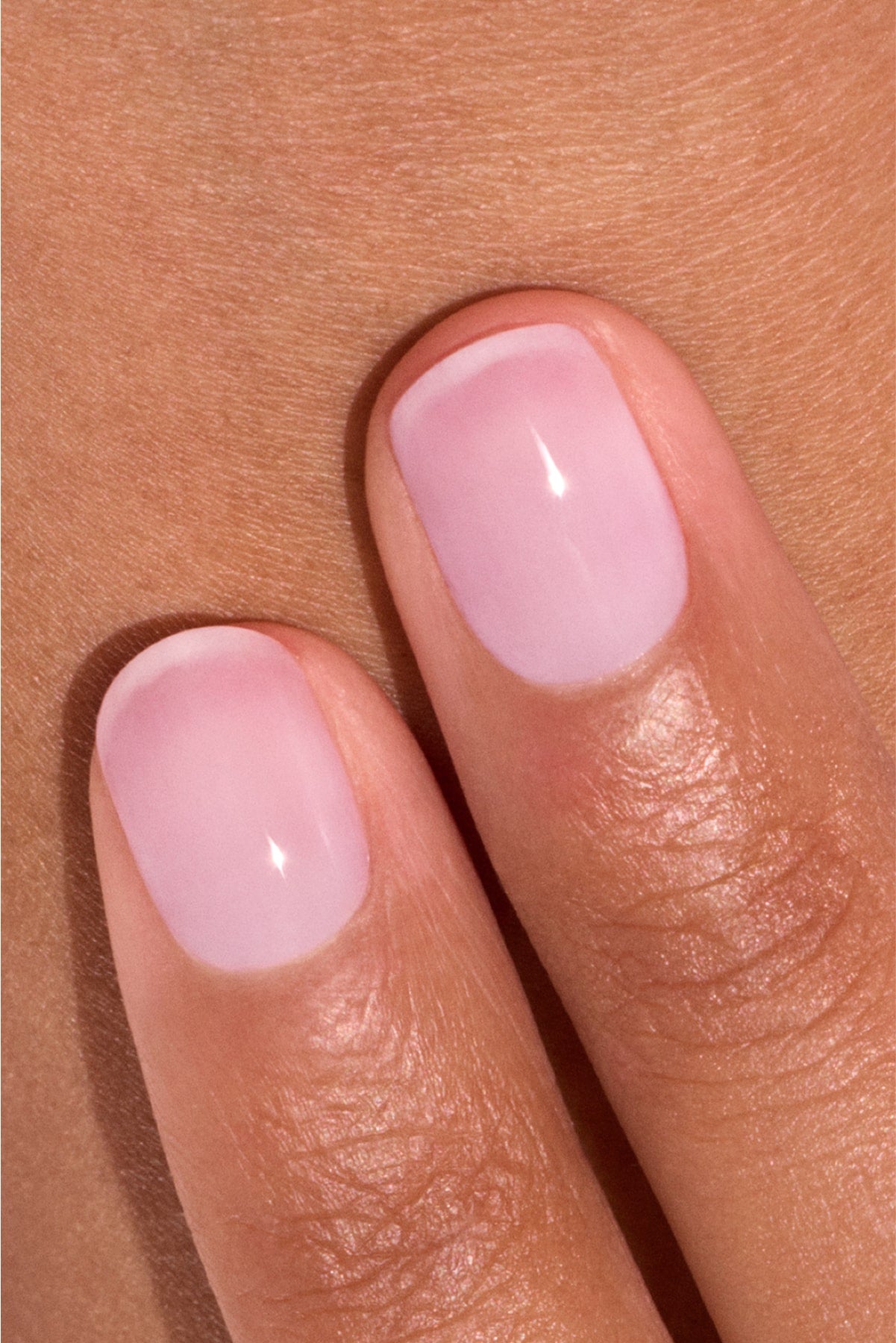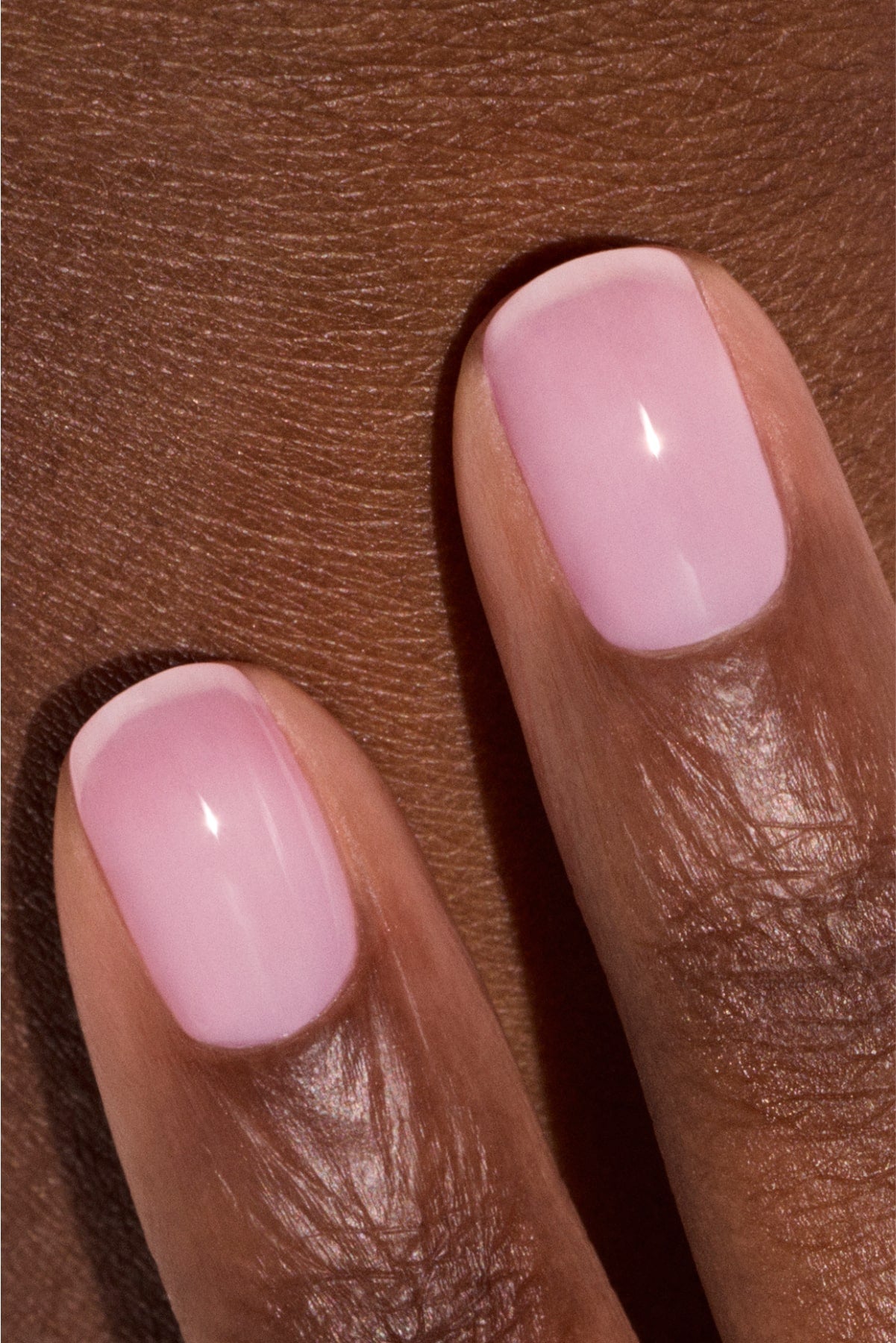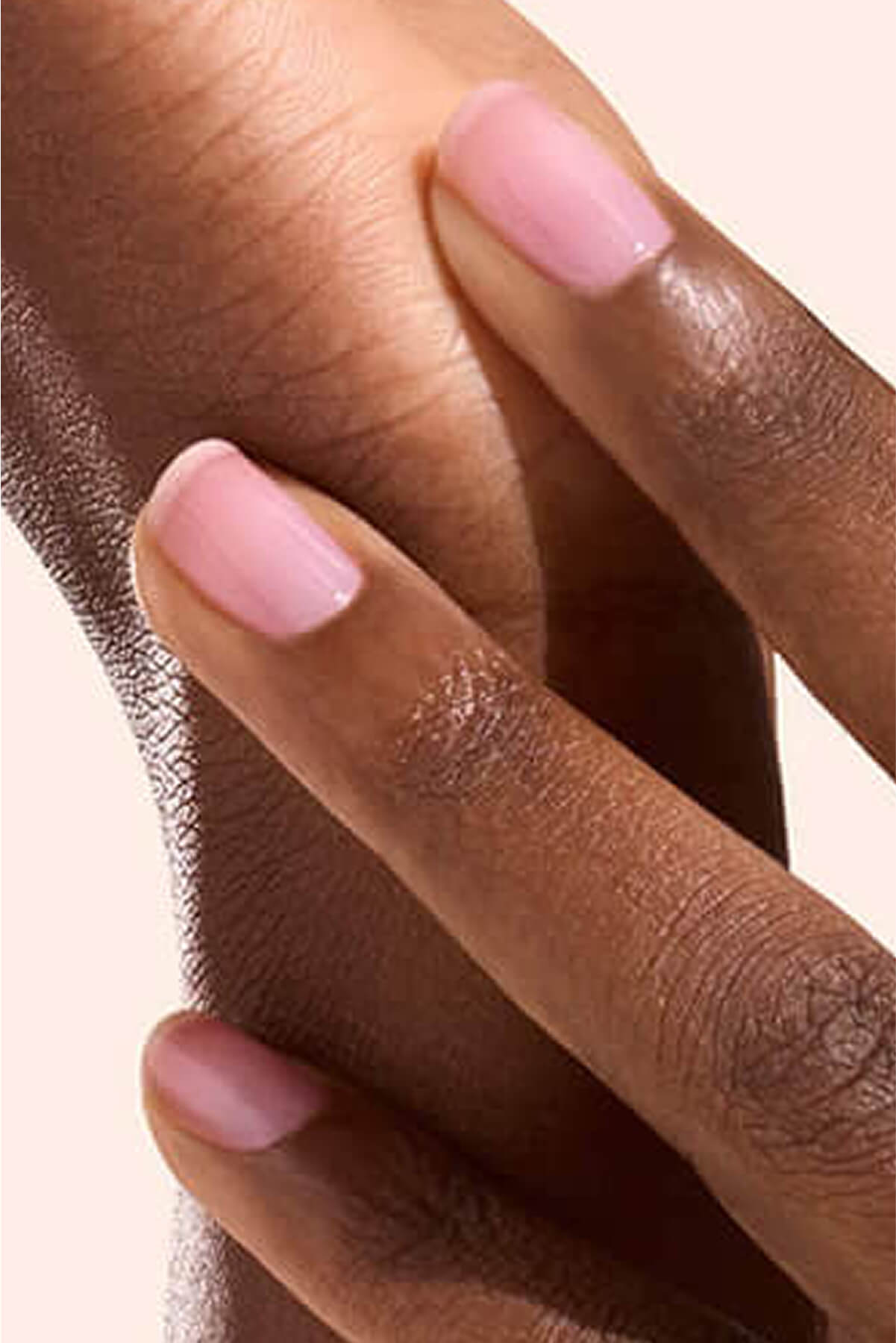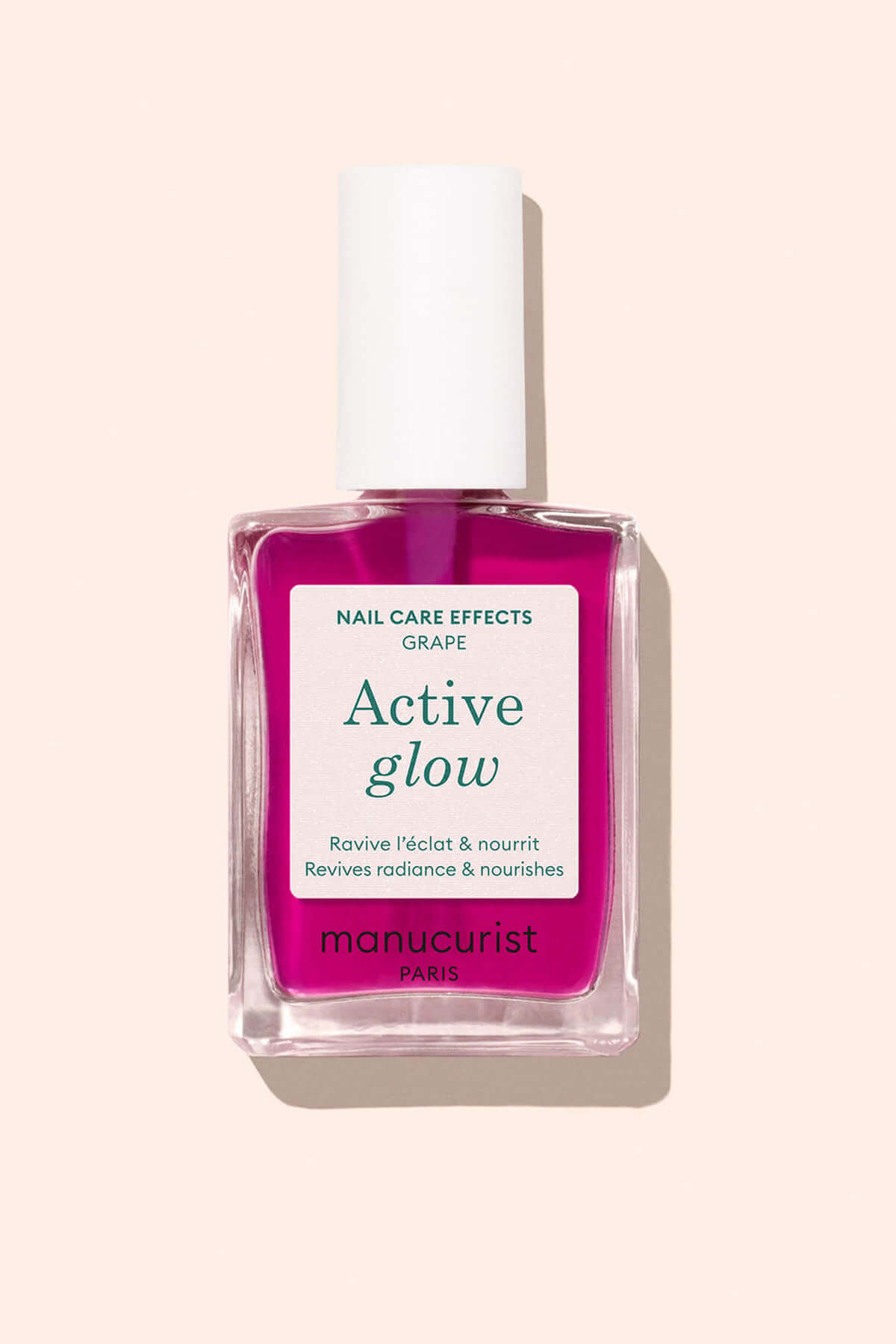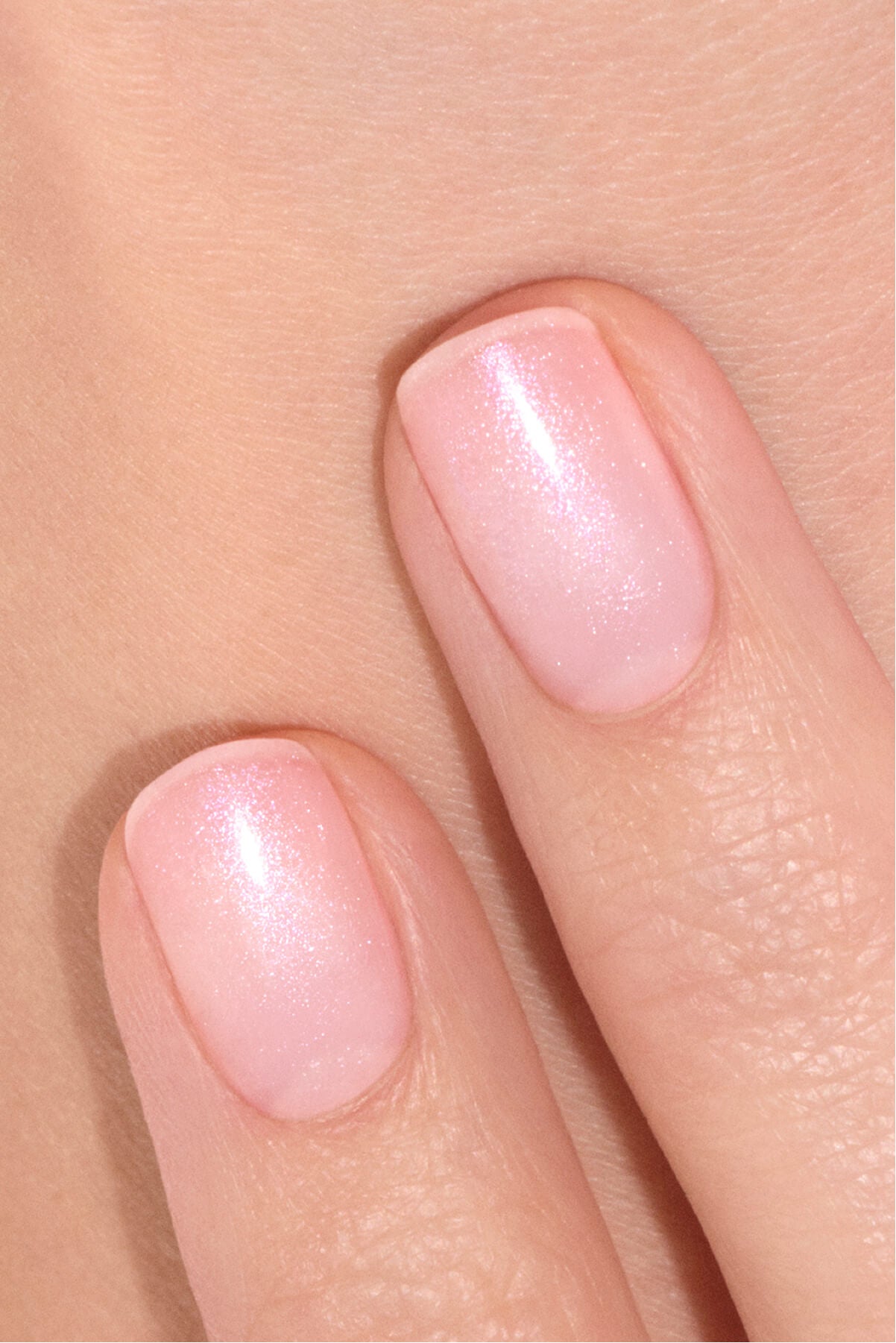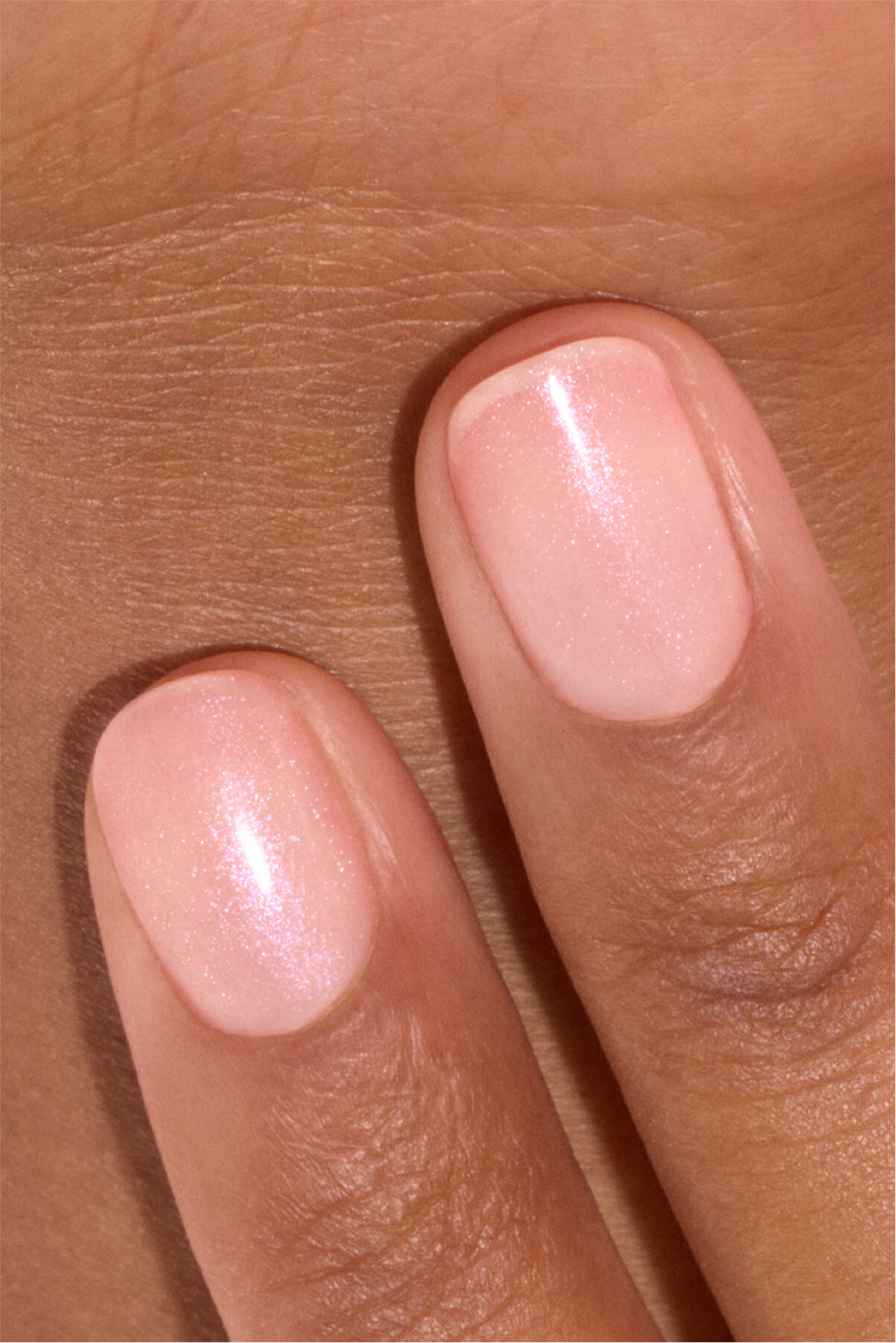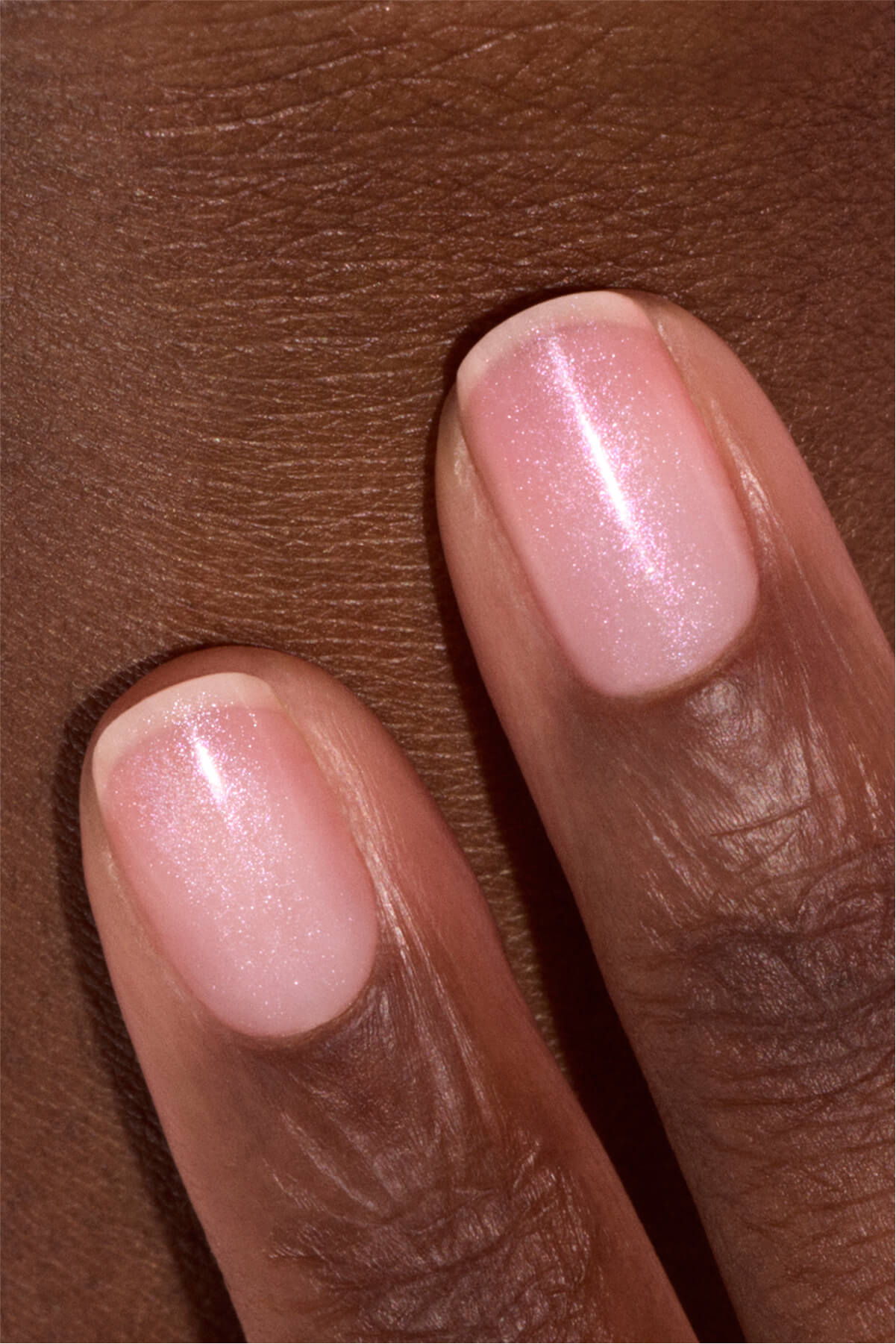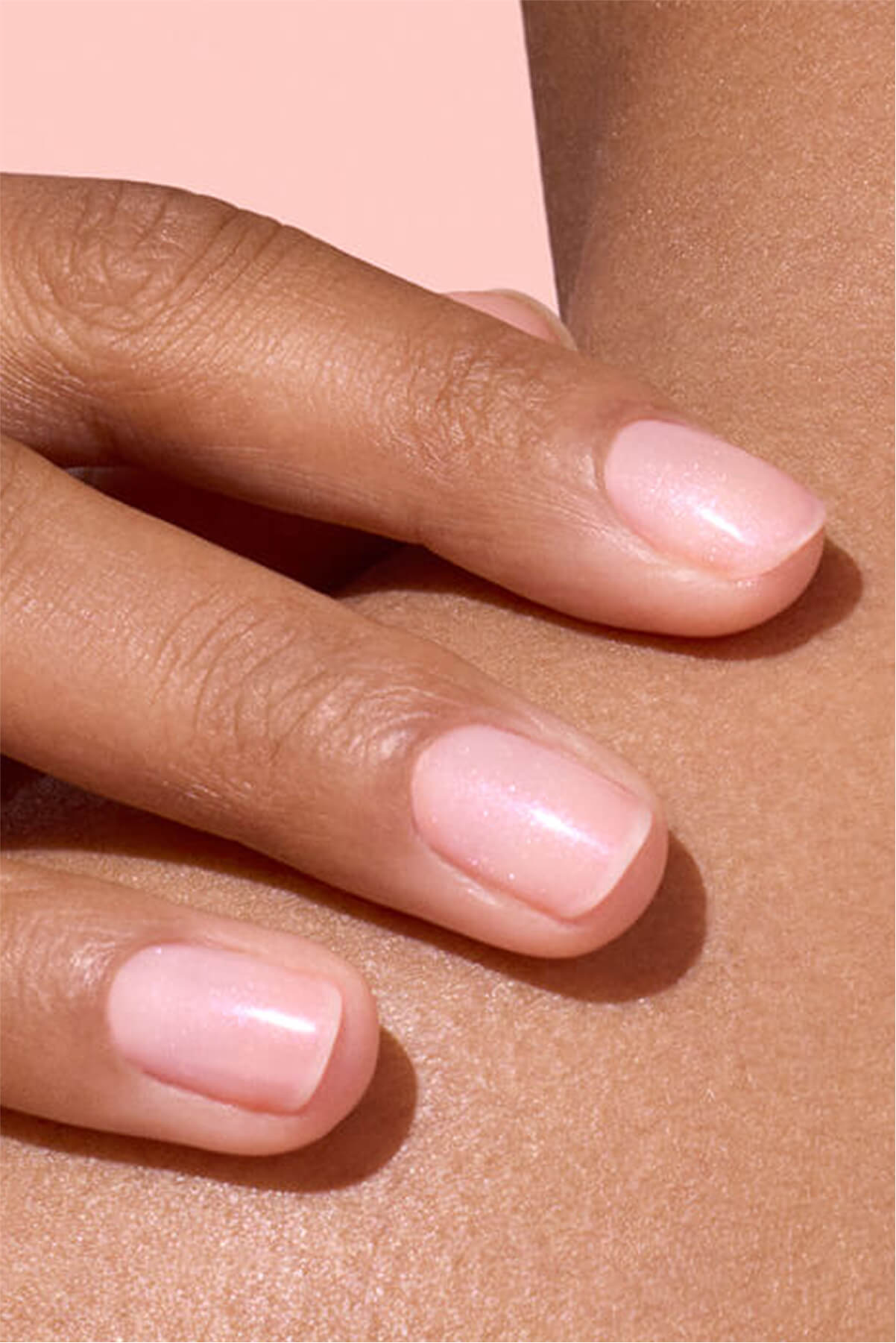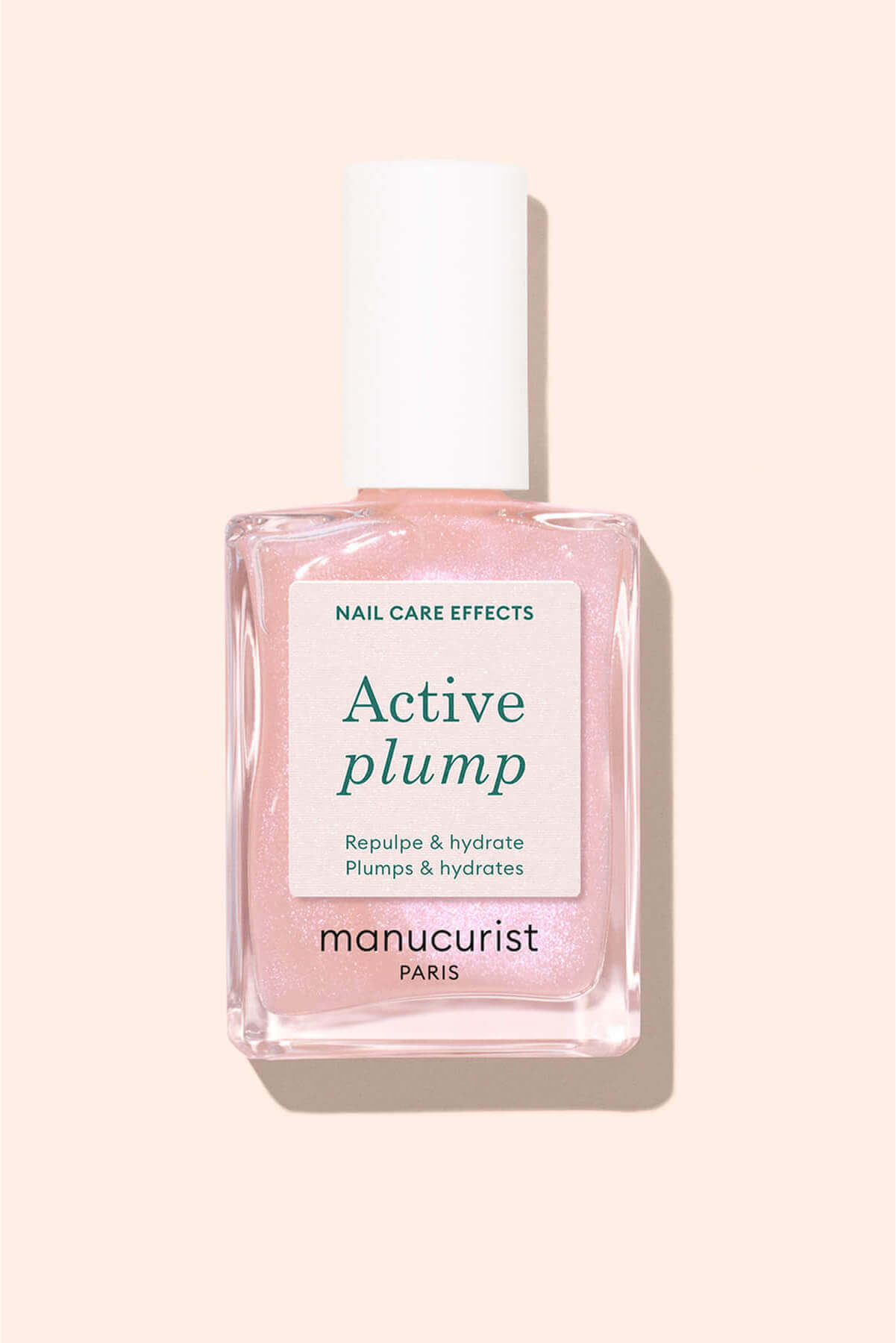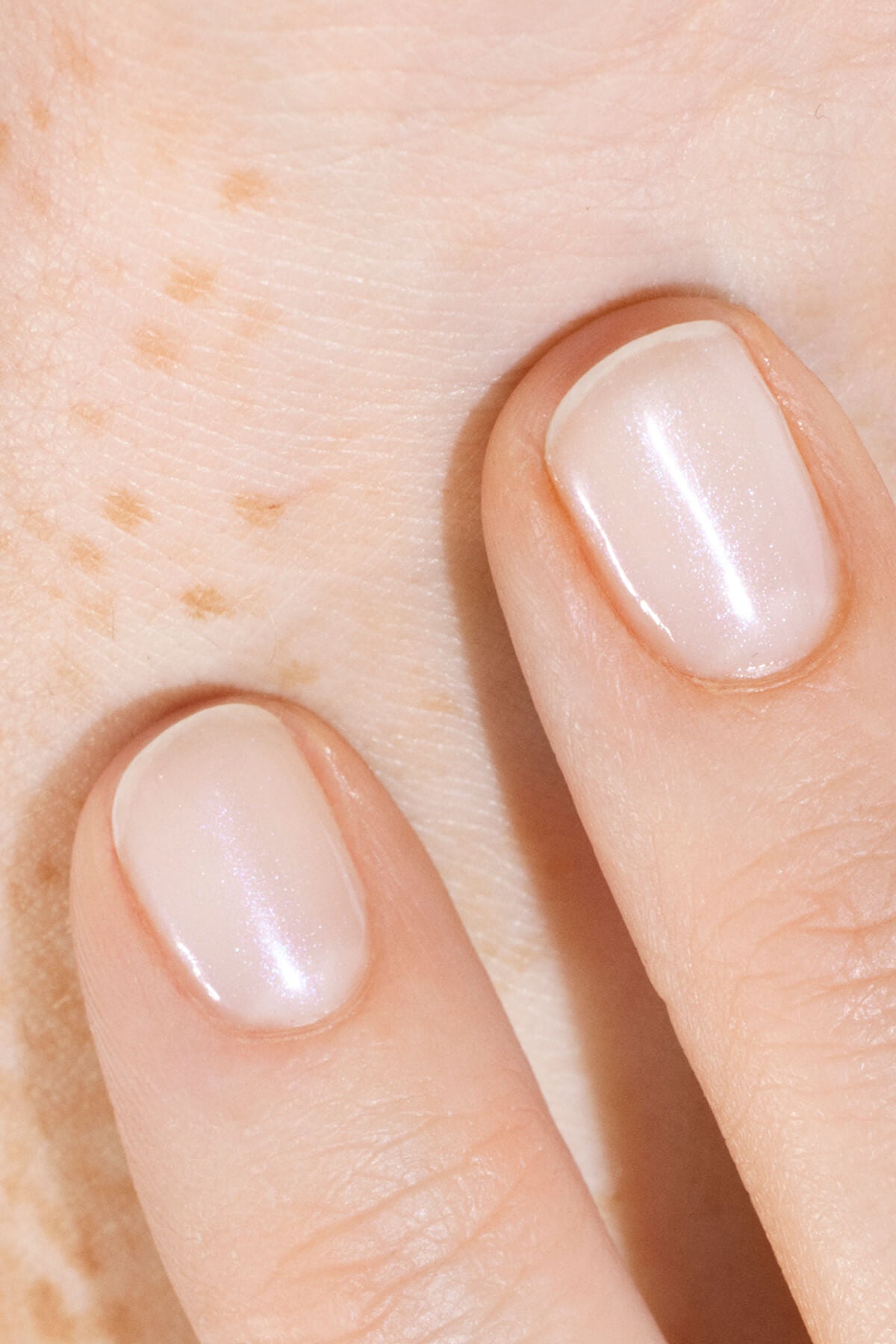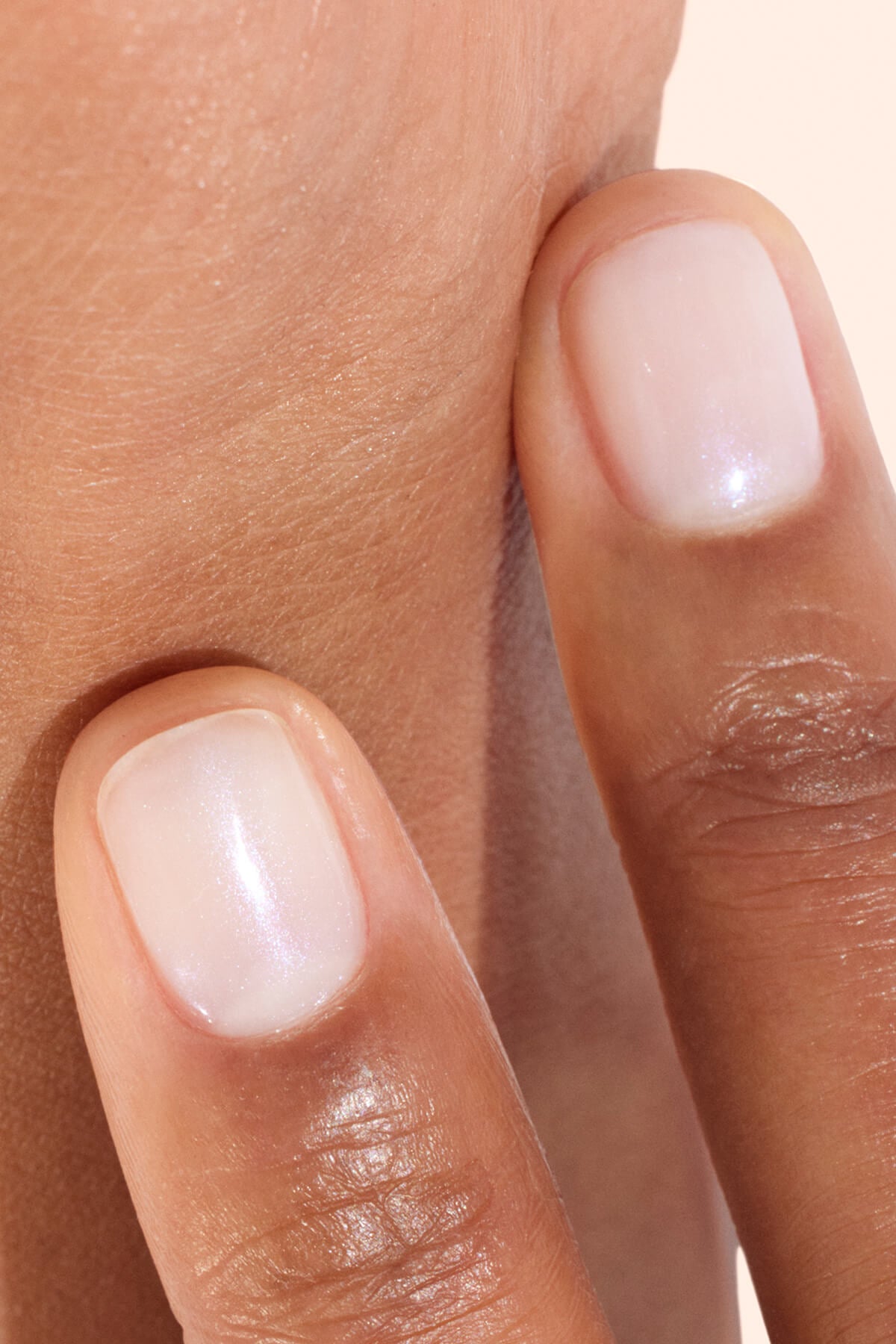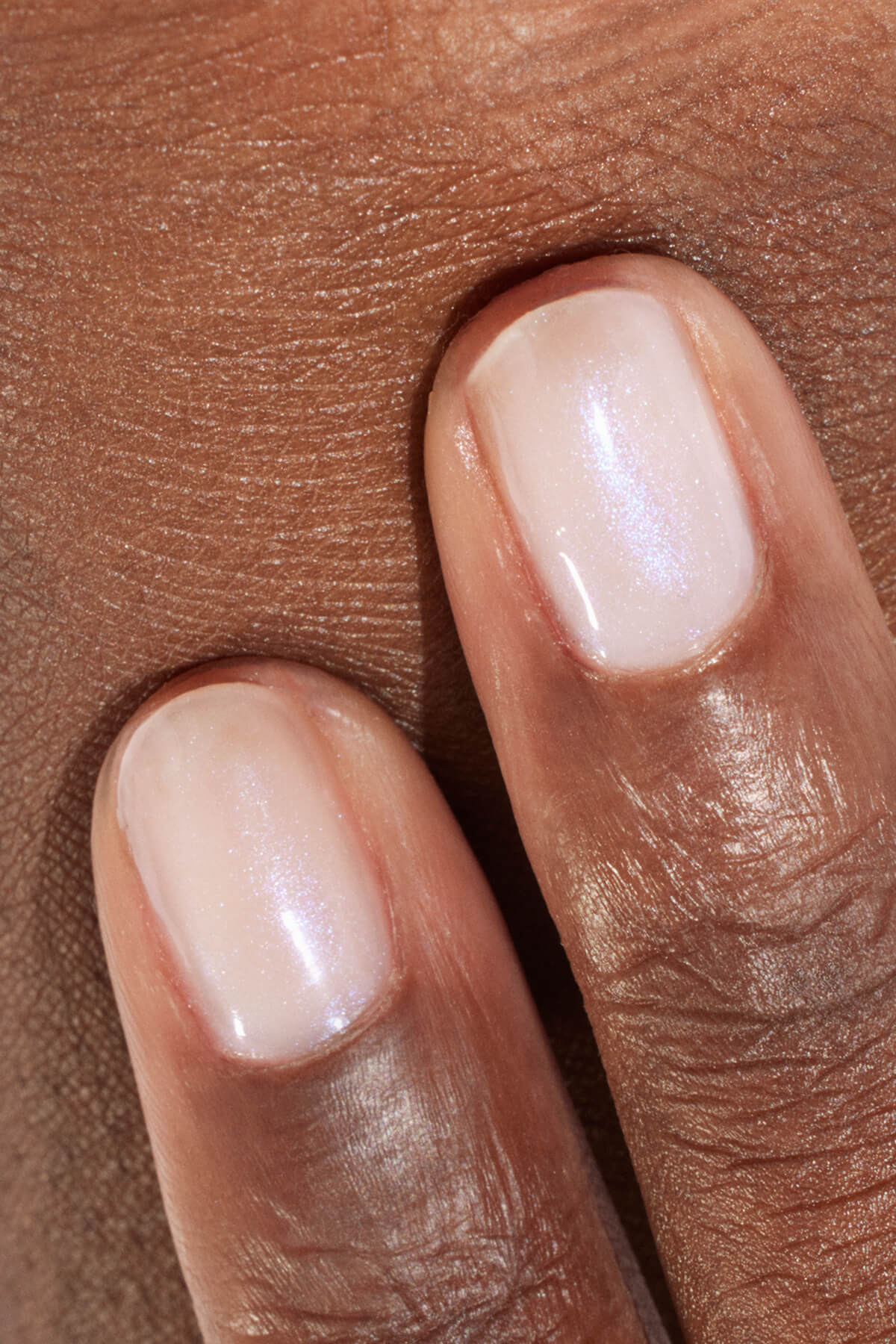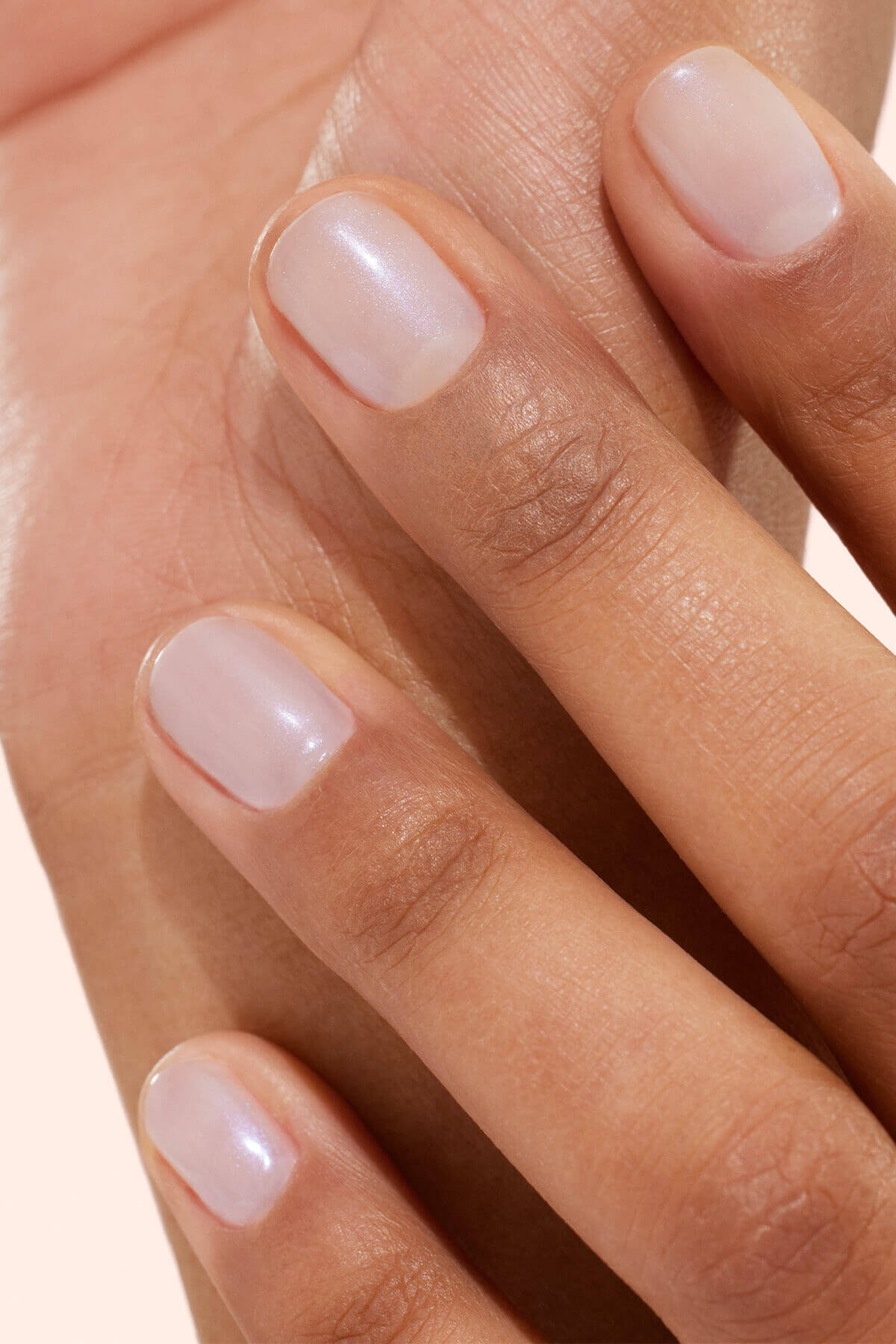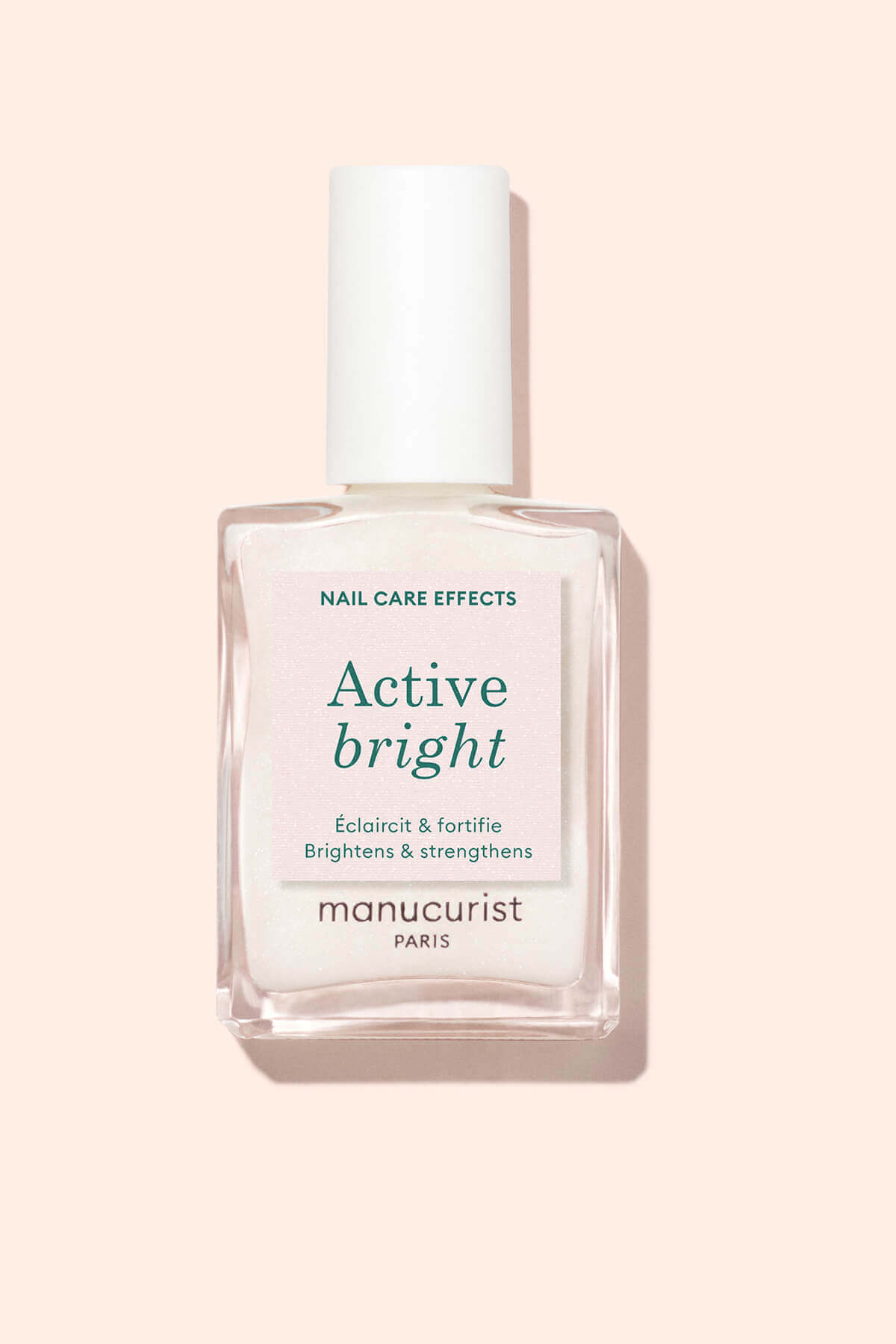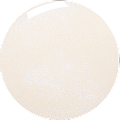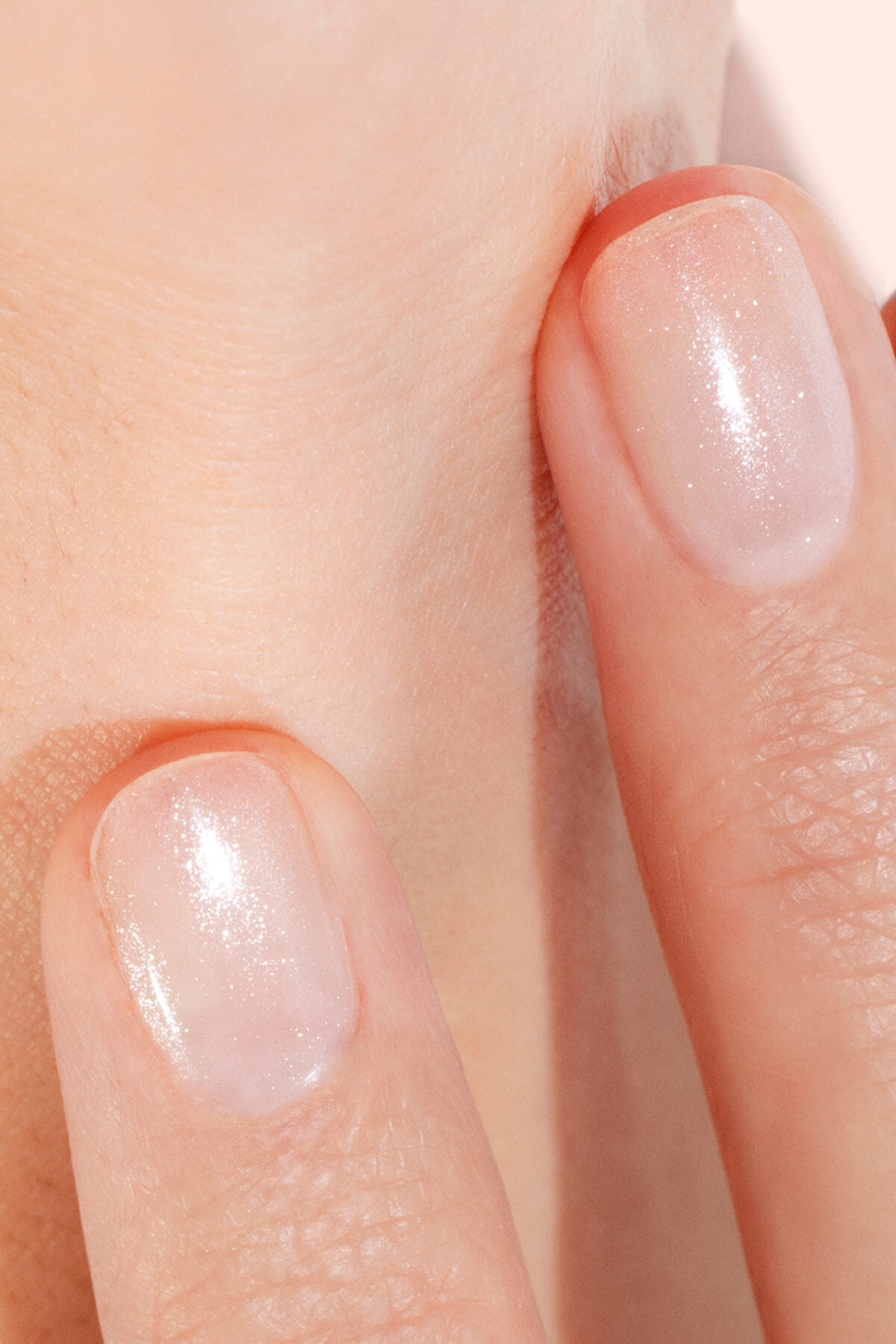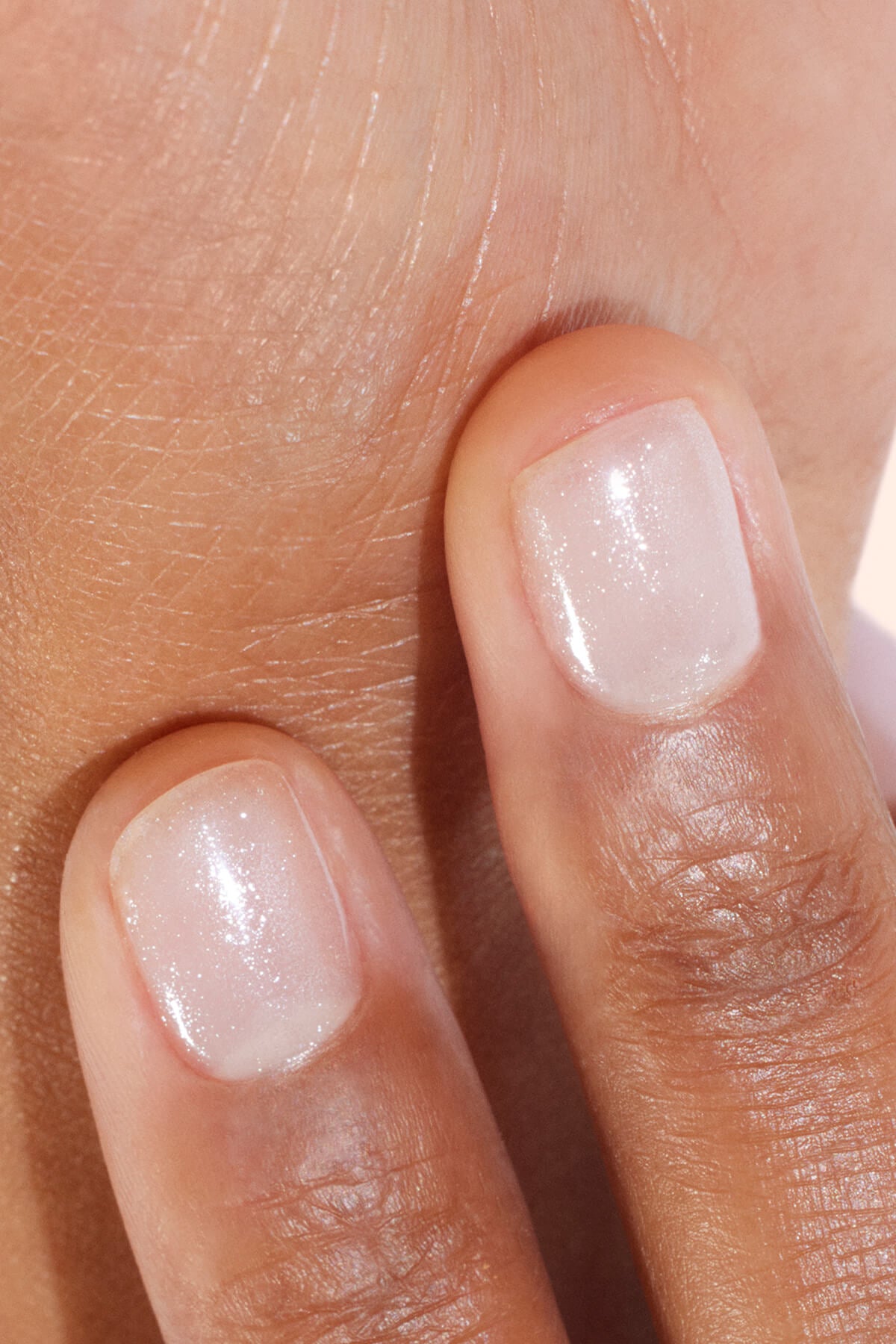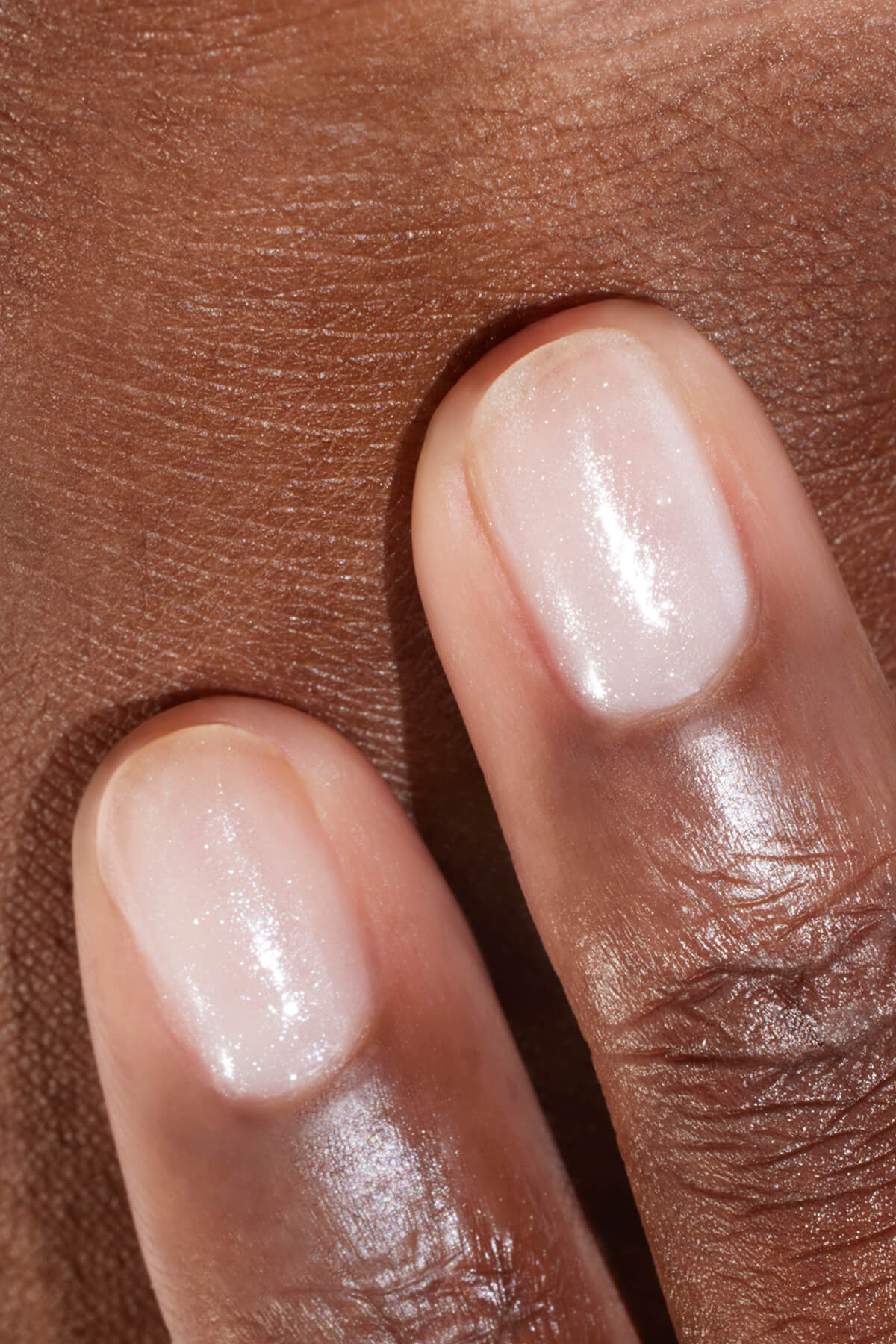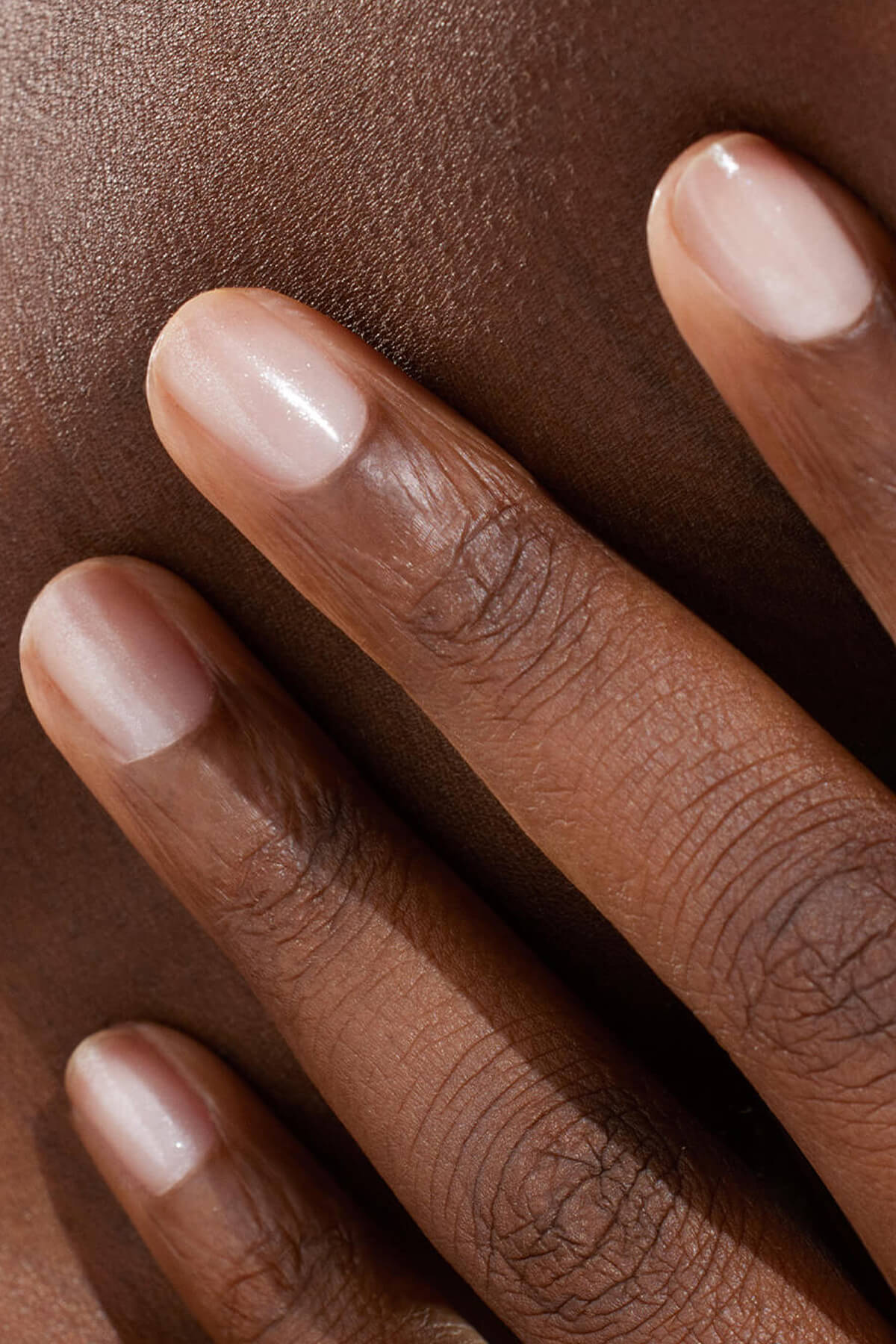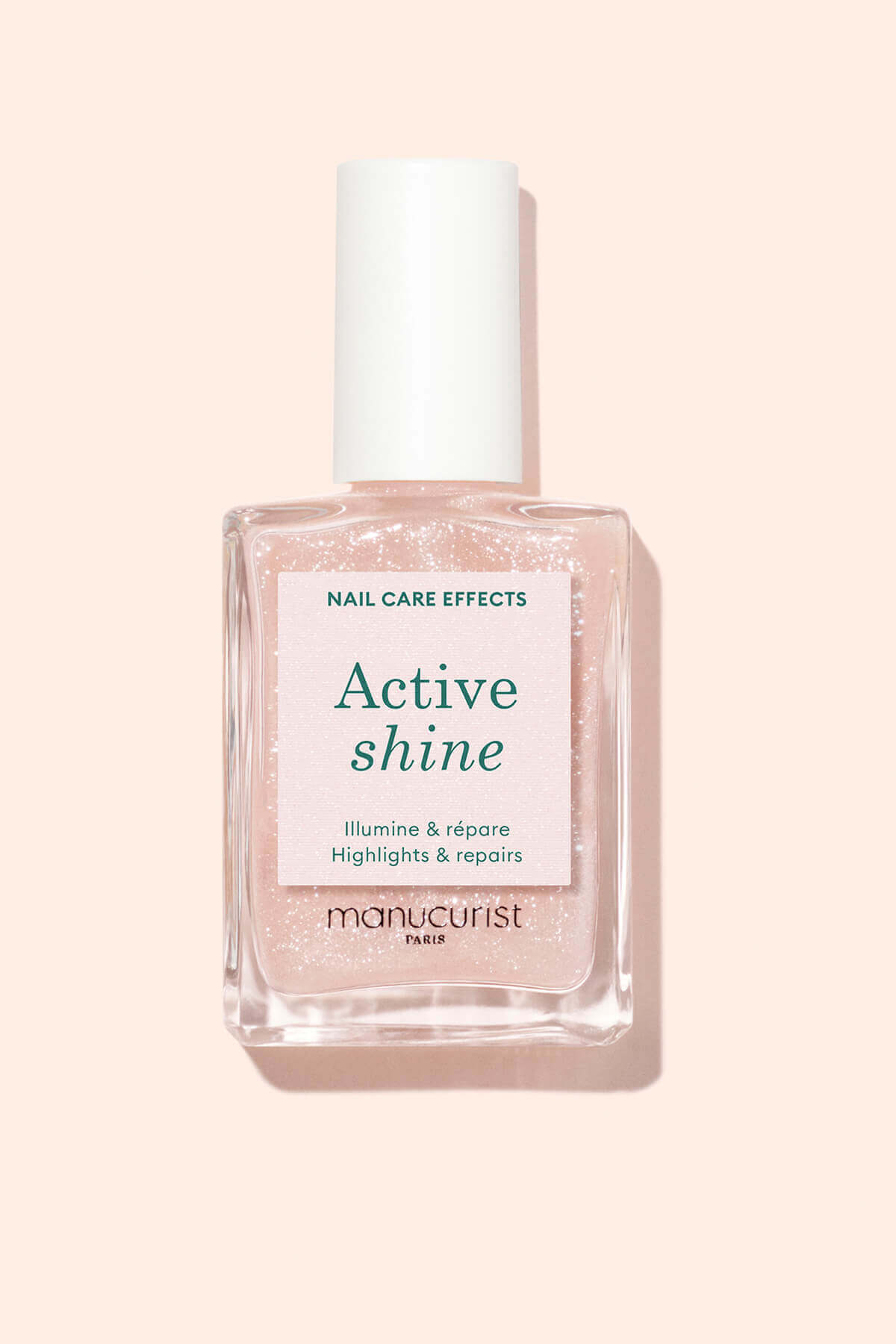Gel nail polish has become very popular in the last fifteen years or so. Its staying power and immaculate long-term finish quickly attracted manicure addicts. But the other side of this success story is the growing number of rumours about the harmful side effects of this polish on nail and skin health. Is gel nail polish toxic for your nails ? Where does gel polish's bad reputation come from, is it justified and how can the risks be avoided?
What is gel polish?
The nail polish that seems to have it all
At first glance, gel polish is the perfect nail polish that offers only benefits. It has a 3-in-1 gel effect: ultra-high shine, ultra-durable et ultra-long staying power. It can retain its shine for two to three weeks and resist shocks without chipping or cracking. So far gel polish ticks all the boxes, but when you look at its ingredients, things get more complicated.
Controversial ingredients
To get the famous high-shine finish that lasts so long, traditional gel polishes contain methacrylate monomers, which turn into polymers when exposed to UV light and form a hard, durable plastic film. However, these methacrylate monomers are sensitising molecules that can enter the body and cause allergic reactions or inflammation.

In recent years, a number of scientific bodies (ANSES, INRS, etc.) have warned of the risks posed by these controversial molecules and the authorities have regulated their use. Since 2021, it has been prohibited to sell gel polish containing HEMA and DI-HEMA-TMHDC methacrylate monomers to the public in Europe, but they can still be used, under certain conditions, by professionals in beauty salons and nail bars. In addition, HEMA and DI-HEMA-TMHDC are not the only methacrylate monomers. Some gel polish formulas branded HEMA-free may contain isobornyl acrylate (IBOA), benzyl methacrylate or bis(2-methacryloyloxyethyl)phosphate, which present the same risks to human health.
Another questionable ingredient is hydroquinone, a preservative used to stabilise the formula to prevent the polish from instantly hardening on contact with air. This ingredient, classed as CMR (Carcinogenic, Mutagenic, Reprotoxic), is banned in products intended for the general public and its concentration in professional products is strictly limited to under 200 ppb (parts per billion).
New gel polish formulas, completely free of allergenic and carcinogenic molecules, have appeared in recent years. Like our innovative Green Flash™, leader of the new generation of plant-based, non-sensitising LED nail polishes.

The Green Flash™ formula is guaranteed free of methacrylate monomers.
The risky business of removal
Another problem with traditional gel polish is that the coats of gel, hardened by curing, are difficult to remove. The film created by the methacrylate monomers is so strong that it often has to be removed in a salon. The gel polish has to be dissolved using very powerful solvents like acetone, or drilled off. In both cases there is considerable risk of nail damage.

What is the impact of gel polish on nail health?
Although the staying power and shine of gel polish make it so popular, it can pose a risk to nail health if used excessively or incorrectly.
It's cool to be able to change your color to suit your mood or the season. However, if you keep using one traditional gel polish after the other, you reach a point when your nails can take no more. They become tired and soft and need to breathe.

Are your nails soft, brittle or split? It's time to take a break!
As we have just seen, removing gel polish is another critical step for your nails. If you use acetone, be aware that this solvent will dissolve the natural oil that protects the nail matrix. This results in weakened nails and a dry nail contour. As for drills and abrasive nail files, if used incorrectly they can be your nails' worst enemy. When they attack the layers of polish, they alter the layers of keratin that protect the nail plate, making it thinner and more fragile.
The end result of these aggressive manicure practices is soft or ridged nails in a weakened, unhealthy state that need to recover for several months. Subjected to this kind of treatment, your nails will be prone to splitting, breaking easily and discoloration. Because their natural barrier has been damaged, they can also become more sensitive and susceptible to infection.
These symptoms are your nails crying for help. It's time to take care of them and change your manicure habits. The Manicurist team is here to help you establish a clean & safe routine that will allow you to enjoy gel polish AND healthy nails.

How can I wear gel polish and have healthy nails?
To minimise the risk of damage caused by gel polish, it is important to take some precautions. Using high-quality products that are safe for your health, taking regular care of your nails and removing your gel polish gently are the steps you need to take to ensure healthy nails.
Discover Green Flash™, the first clean & safe gel polish
To ensure your manicure is healthy and long-lasting, Manucurist has created Green Flash™ LED polish, an innovative gel polish formula that is safe, vegan and 12-free and in which methacrylate monomers have been replaced by copolymers. Larger than monomers, these chains of molecules can still be cured under a UV lamp and have the same advantages (quick drying, strength, durability, flexibility) but without the unwanted effects. Less reactive, non-volatile and most importantly non-sensitising, copolymers are also much too large to pass through the skin barrier.

In addition, Green Flash™ LED polish formula is free of 11 other aggressive petrochemicals: toluene, dibutyl phthalate (DBP), camphor, xylene, formaldehyde, hydroquinone, ethyl tosylamide, triphenylphosphine, benzophenones, styrene and phenoxyethanol. Natural ingredients such as sugar cane, wheat, potatoes and corn have been used to replace them, resulting in a formula that is up to 84% plant based!
Discover the Green Flash™ experience with our polish kits and application tips. And rediscover the joy of an immaculate manicure with no risk to the health of your hands.

To complete your routine, keep a full nail care kit on hand. It includes everything from nourishing base coats and top coats to cuticle oils and prep tools, giving you all the essentials to maintain healthy, strong nails while enjoying a flawless, long-lasting gel polish manicure.
Take care of your nails before, during and after applying your gel polish
One of the prerequisites for enjoying your gel polish manicure with total peace of mind is taking care of your nails daily. When properly hydrated, nourished and protected with appropriate products and care, your nails are stronger and the protective base coat and polish are able to adhere better. To find out your exact nail type and which products to use, complete our nail analysis here.

For happy hands, it is also important to carefully follow all the steps of the gel polish application process, from nail prep to the final moisturising step using a plant oil, not forgetting the base coat that protects the natural nail from the pigments in the polish and prevents discoloration.

Lastly, we do not recommend you use gel polish if your nails are already weakened. There is a risk that the polish will not adhere properly and will make your nails more fragile. It would be the perfect time to give them a repair treatment using our S.O.S. Mask, enriched with D-Panthenol. Or to try our Active Shine makeup treatment enriched with AHAs, which strengthens and brightens nails lacking in vitality. If your nails are very damaged, we recommend our Rescue Kit, a trio of intensive nail care products you can apply for 2 weeks to restore your nails to their former glory.

Remove your polish gently
Yes, it is possible to turn removing gel polish into a smooth & easy experience! Thanks to its monomer- and methacrylate-free formula, Green Flash™ can be removed in a flash without using acetone. Green Flash™ nail polish remover is up to 97% plant based and will remove your polish in less than a minute. Enriched with castor oil, it leaves your nails moisturised and well cared for and removes all polish residue. A pleasure to use!

You'll find photos of the Green Flash™ step-by-step removal process here.
And to start off on the right foot, remember to properly moisturise your nails and cuticles by applying a few drops of Green Oil or a moisturising cream.
So yes, it's true that traditional gel polish can damage your nails if it contains methacrylate monomers: molecules that can cause skin allergies and require the use of aggressive removal methods.
But thanks to its innovative formula, Green Flash™ has reversed this trend. By replacing methacrylate monomers with copolymers, Green Flash™ can be removed gently and easily and your hands stay healthy. Combined with regular nail care and adherence to the application steps, Green Flash™ is the ultimate safe & clean gel polish experience. Tested and approved by thousands of customers and professionals in France and around the world!

FAQs
How can I remove my gel polish without damaging my nails?
For risk-free gel polish removal, you must use a high-quality gel polish formulated without methacrylate monomers. This means you don't have to use a file, drill or acetone to remove your polish. A gentle acetone-free remover will do the trick and every last trace of polish will be gone in less than a minute.
What are the side effects of using gel polish?
Some gel polish formulas contain methacrylate monomers. These sensitising, highly volatile molecules can penetrate the epidermis and cause irritation of the eyes, skin or mucous membranes, allergic dermatitis, asthma and even generalised inflammatory reactions if intensive exposure occurs. In addition, frequent application of gel polish, lack of care during application or an overly aggressive removal method can alter the nail matrix and cause nails to become ridged, soft or brittle.




